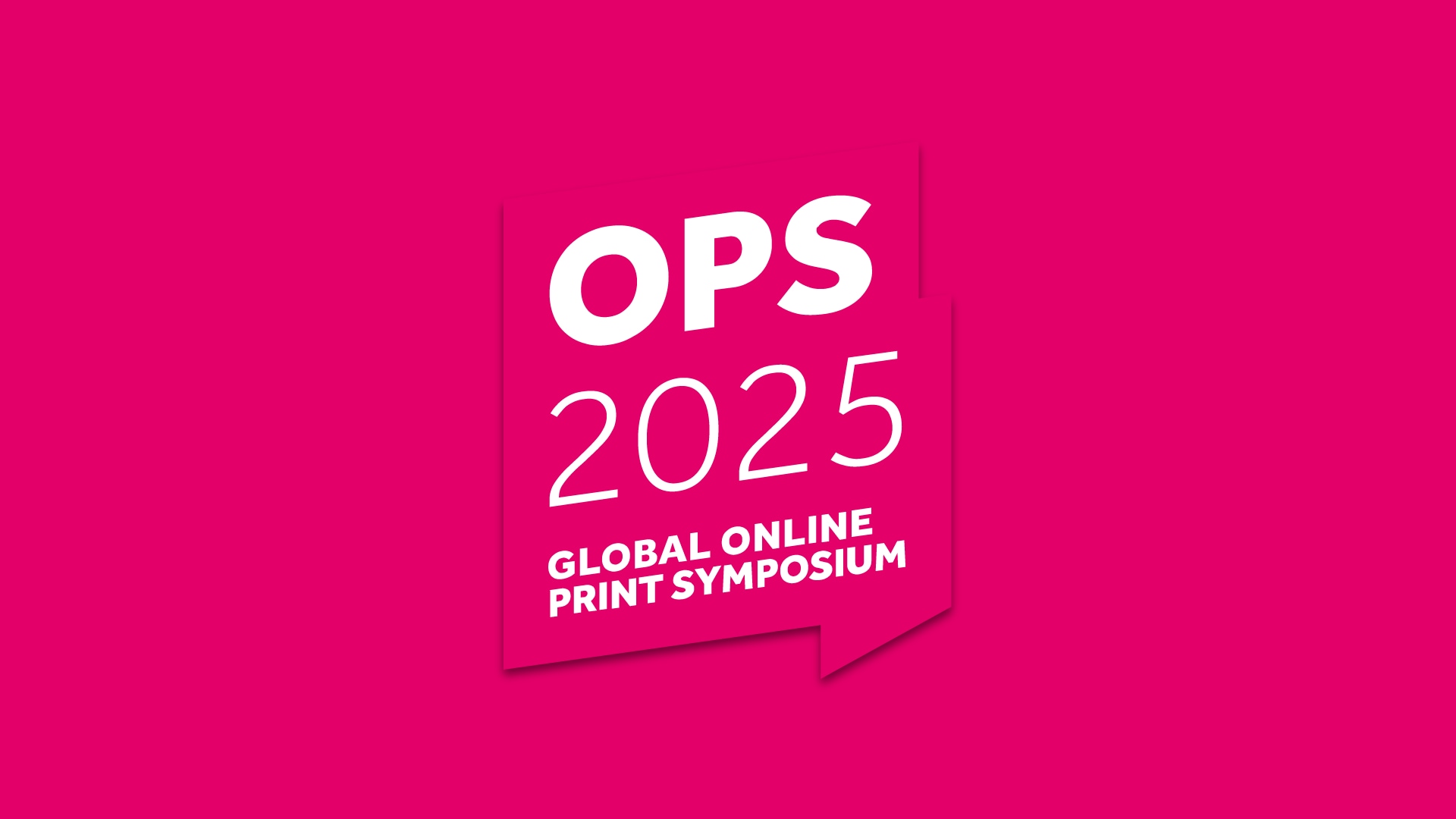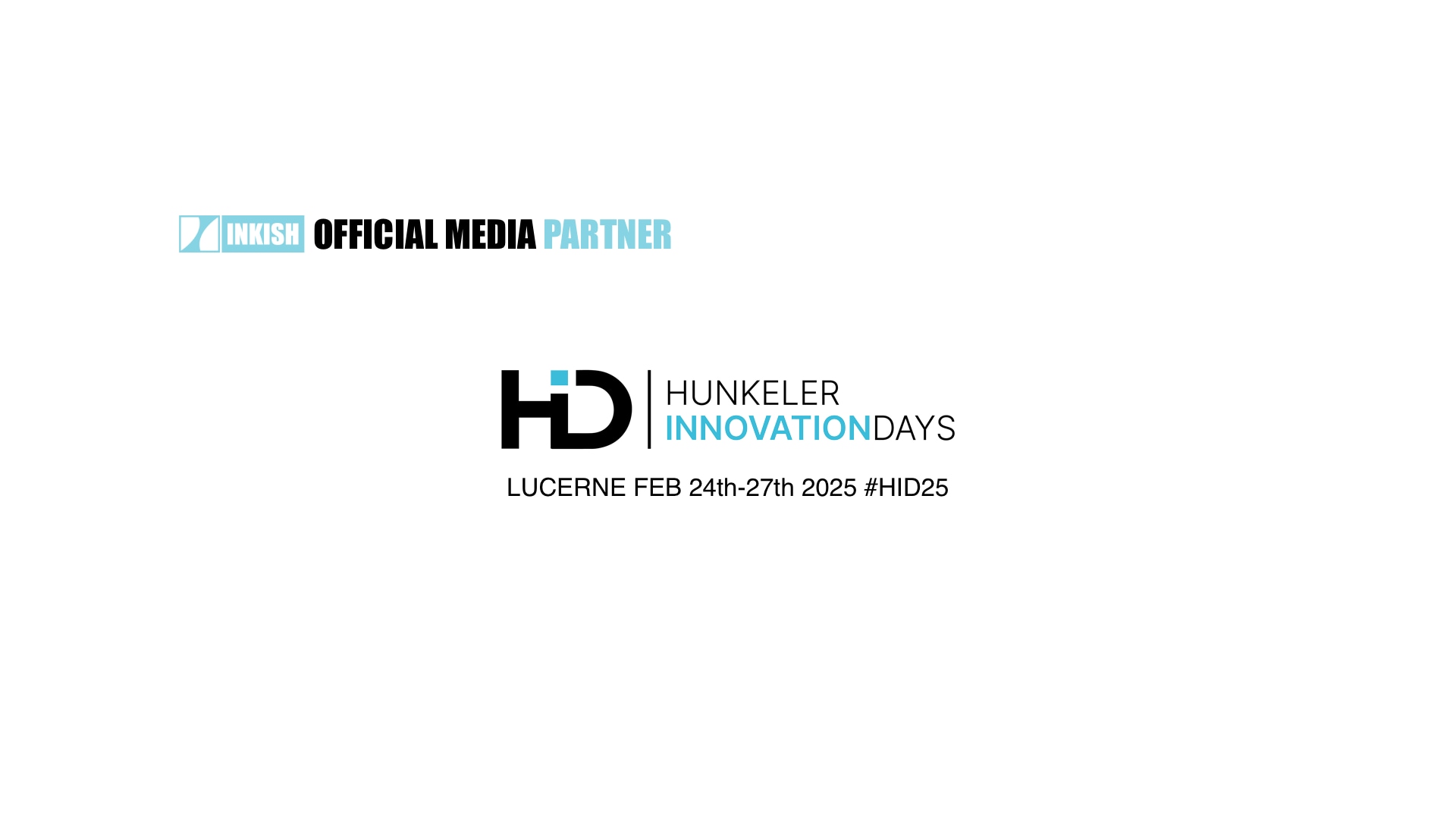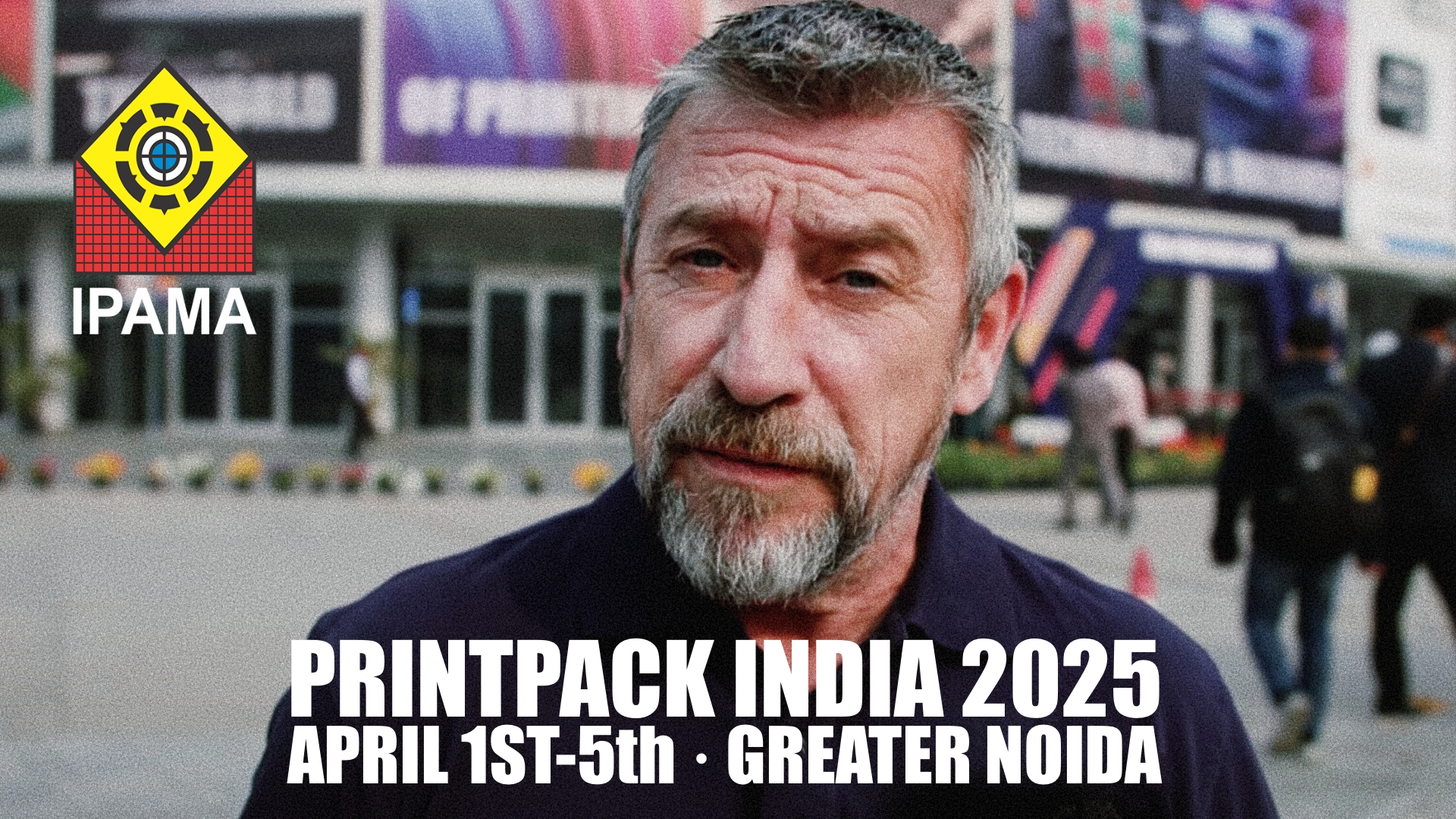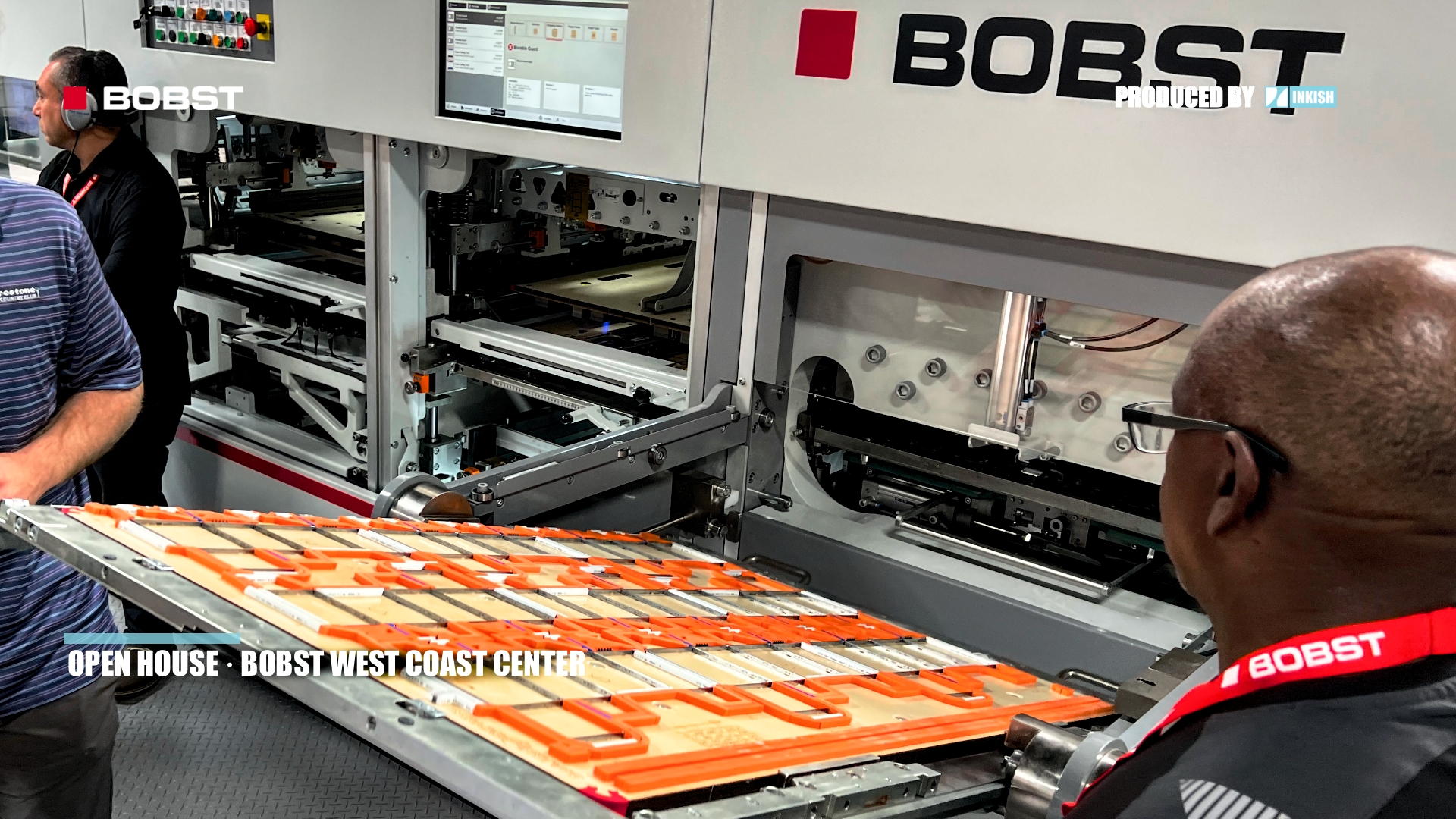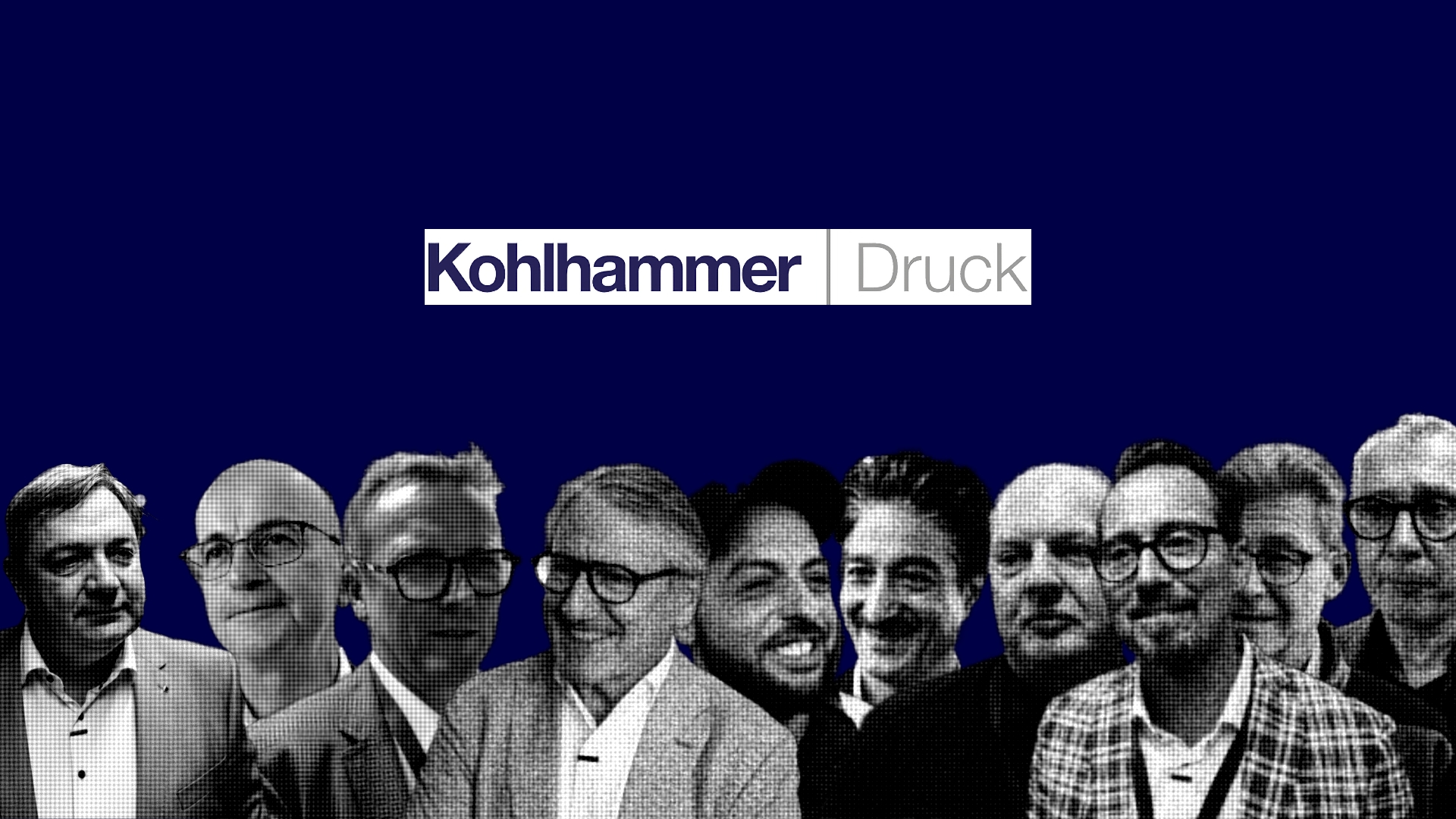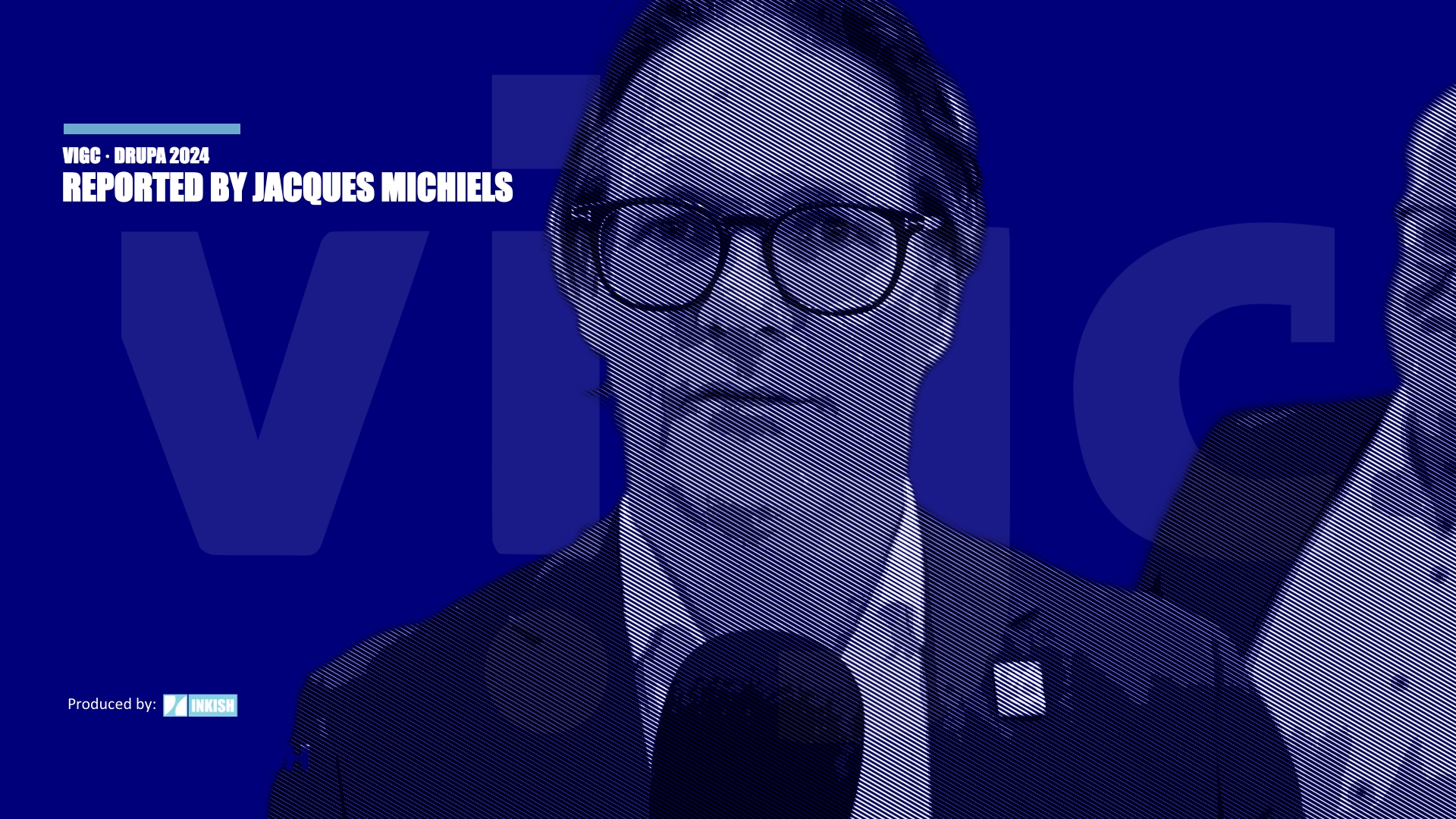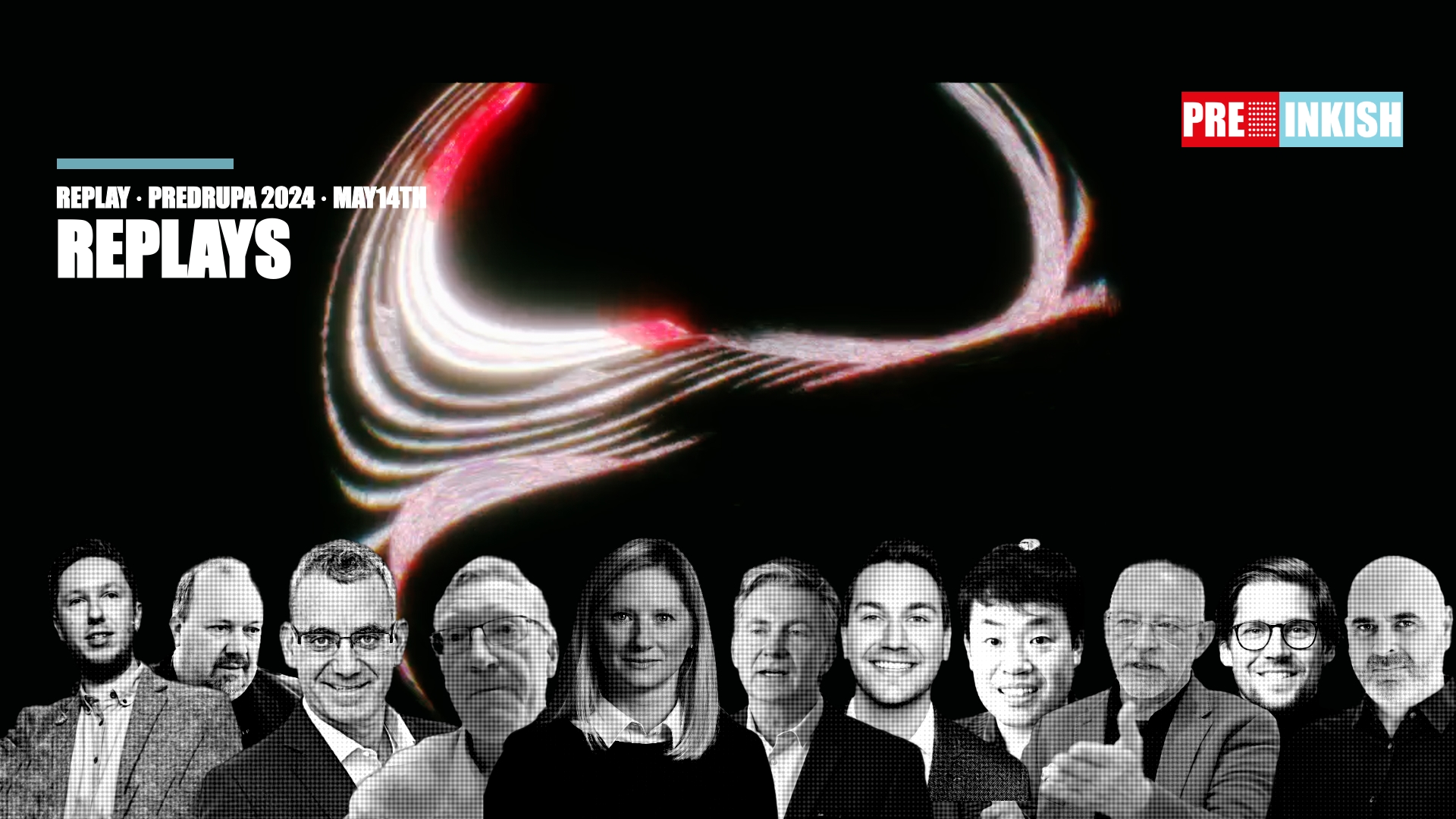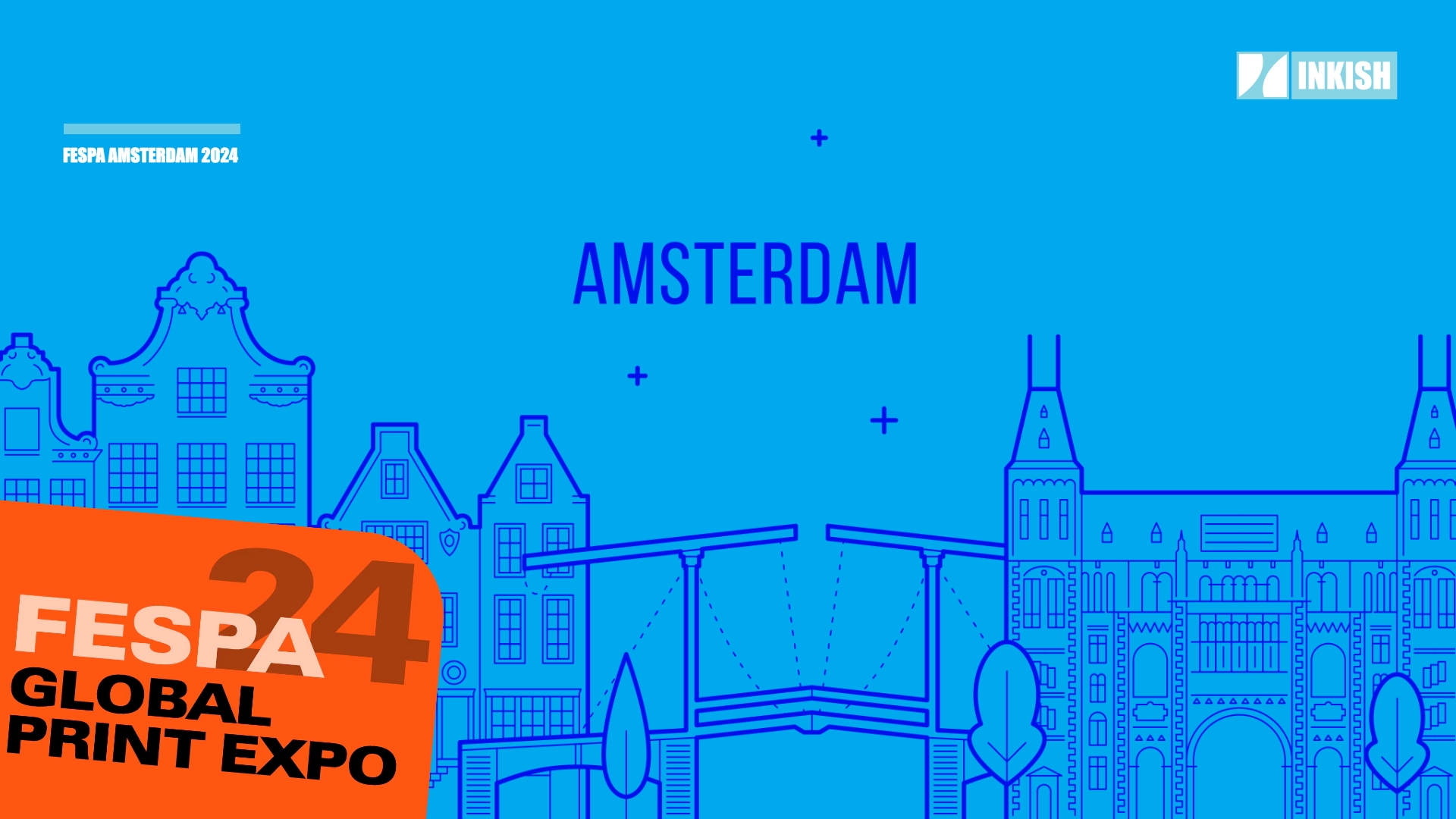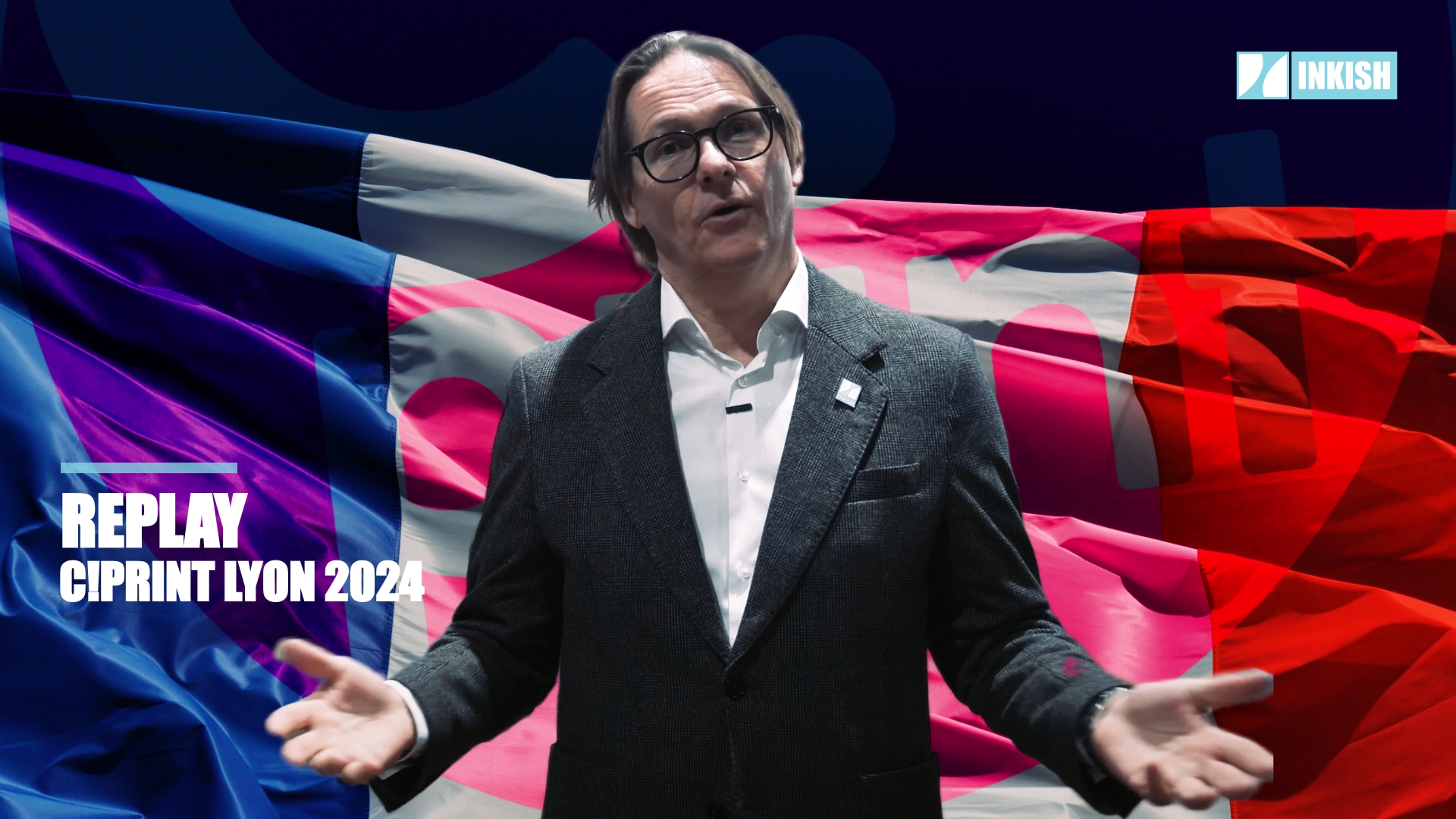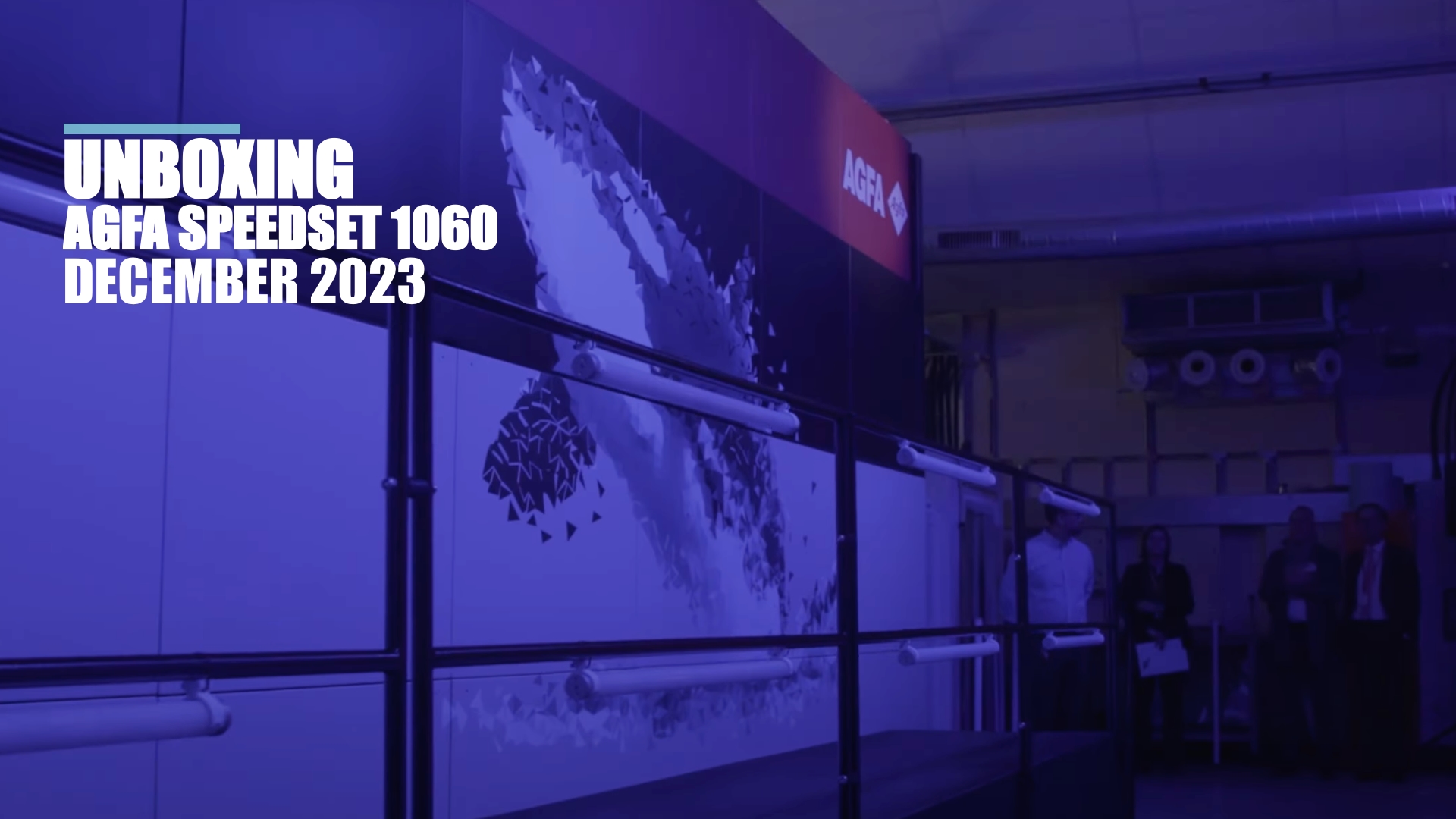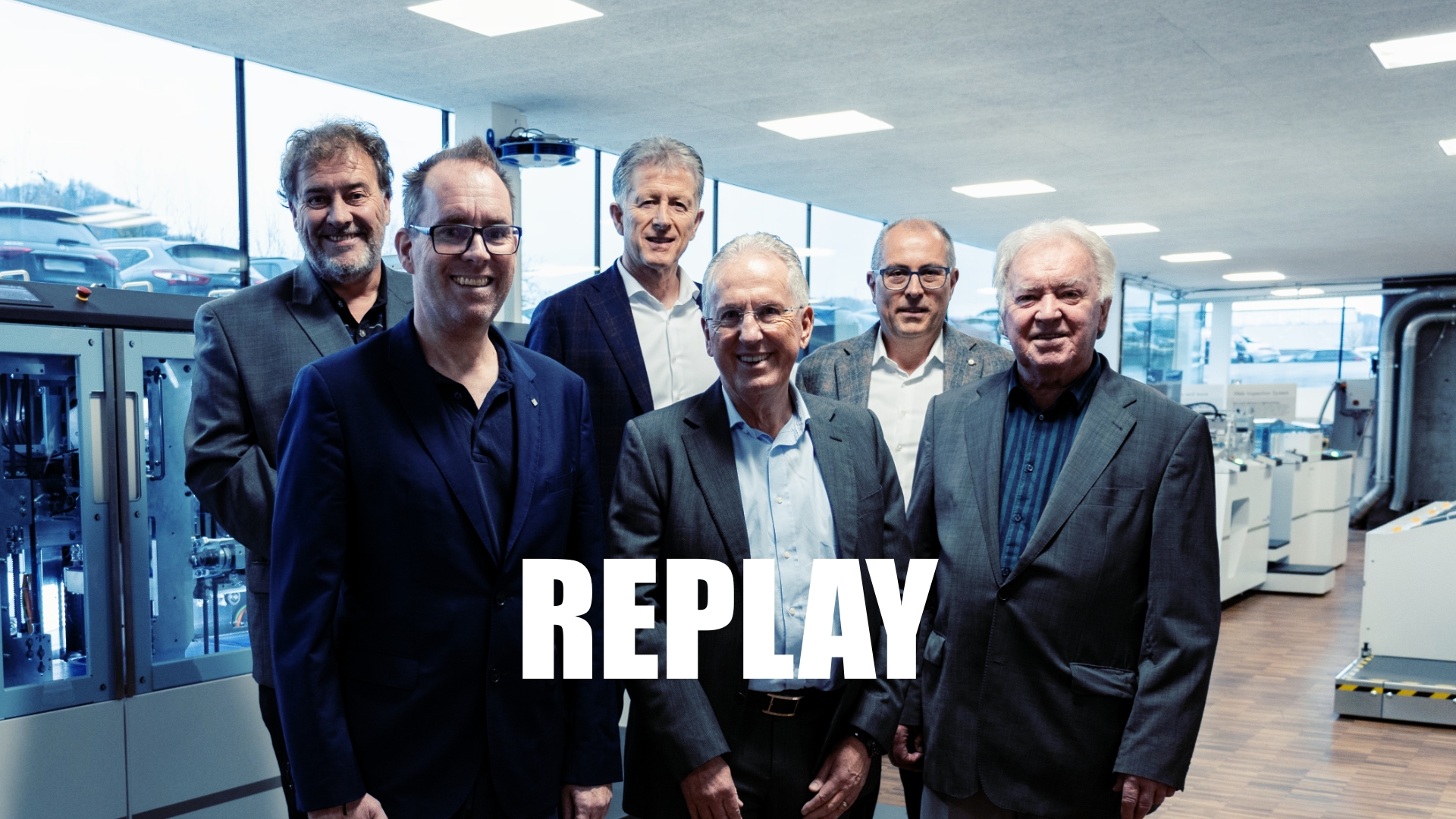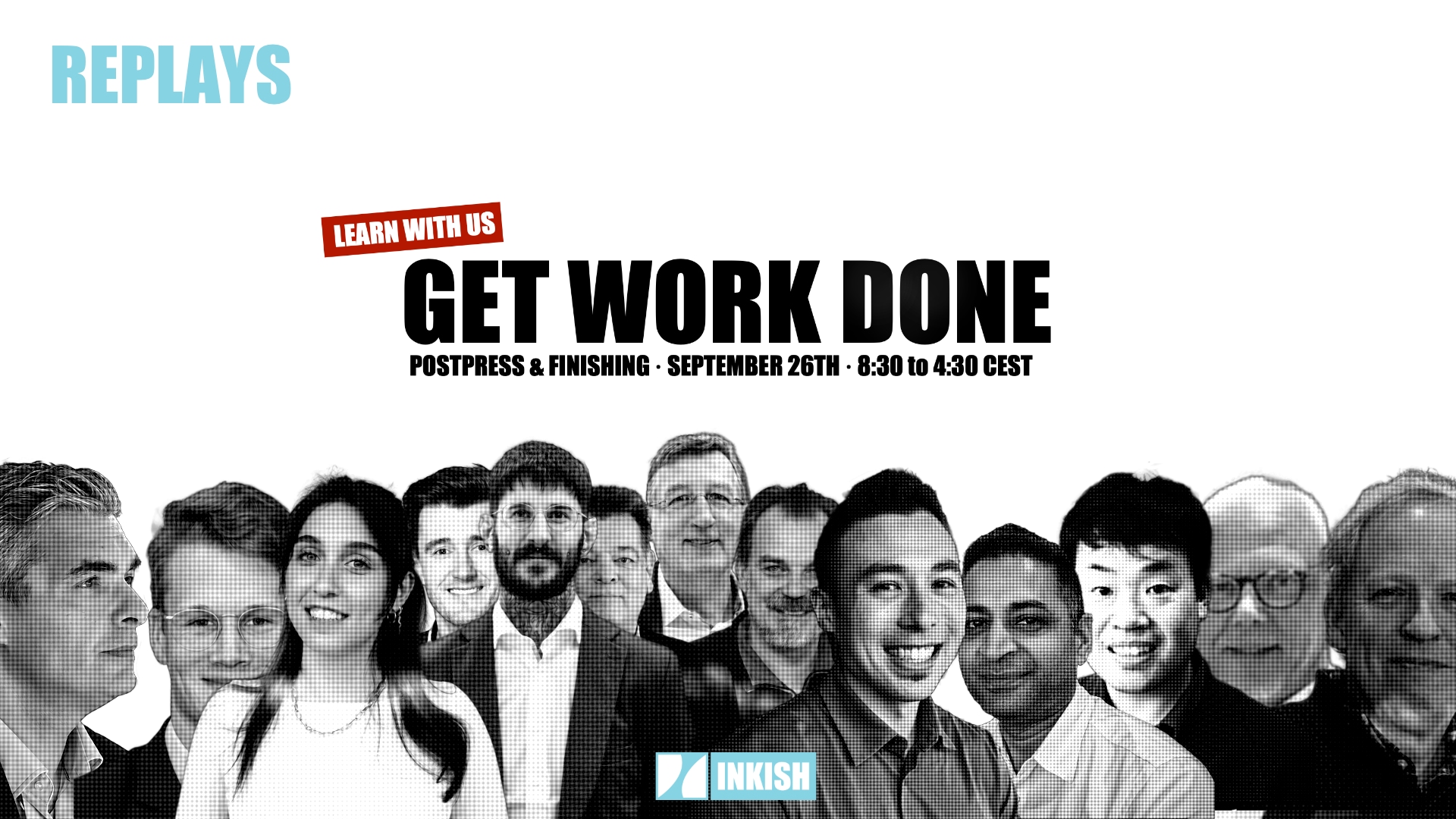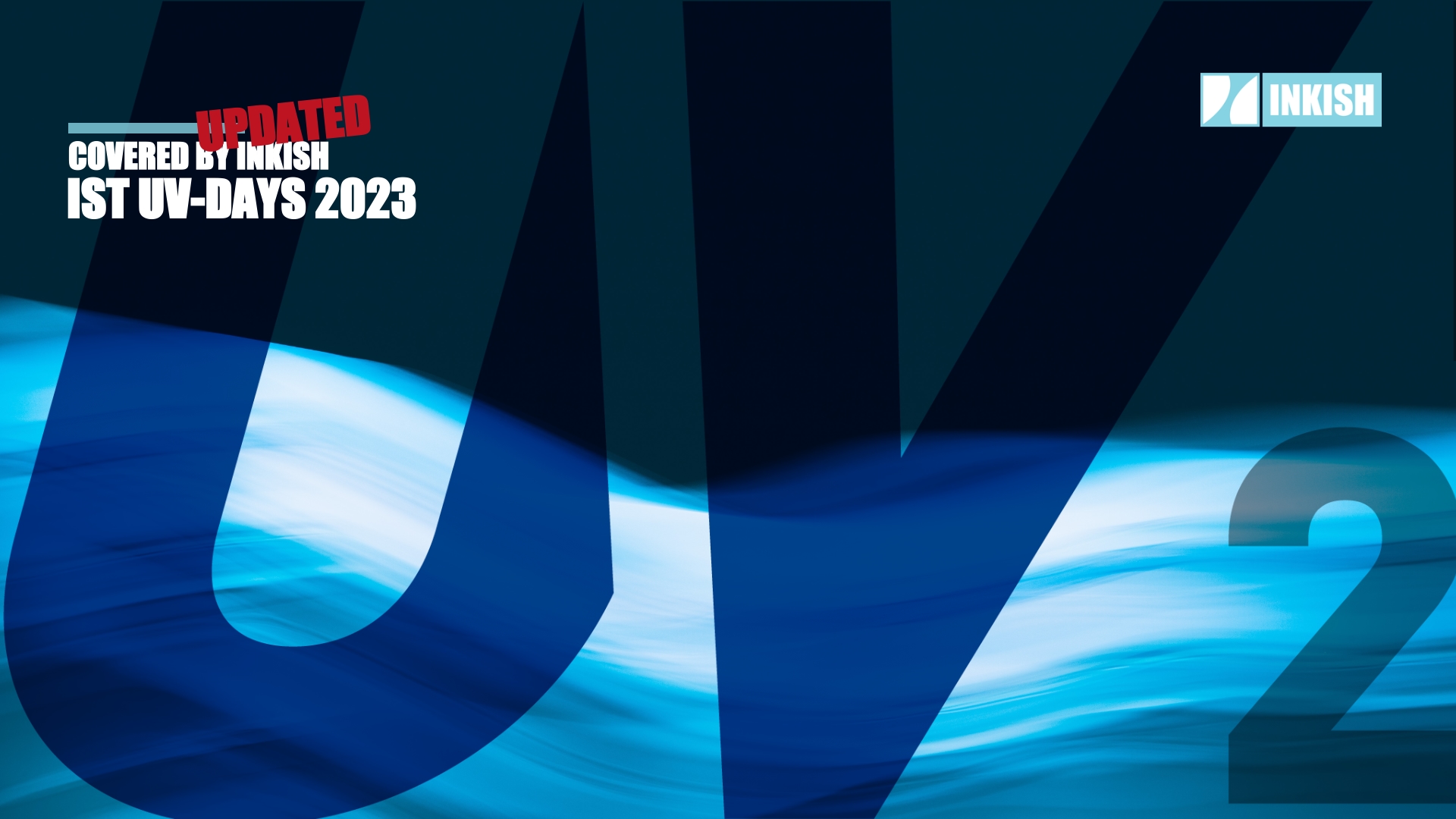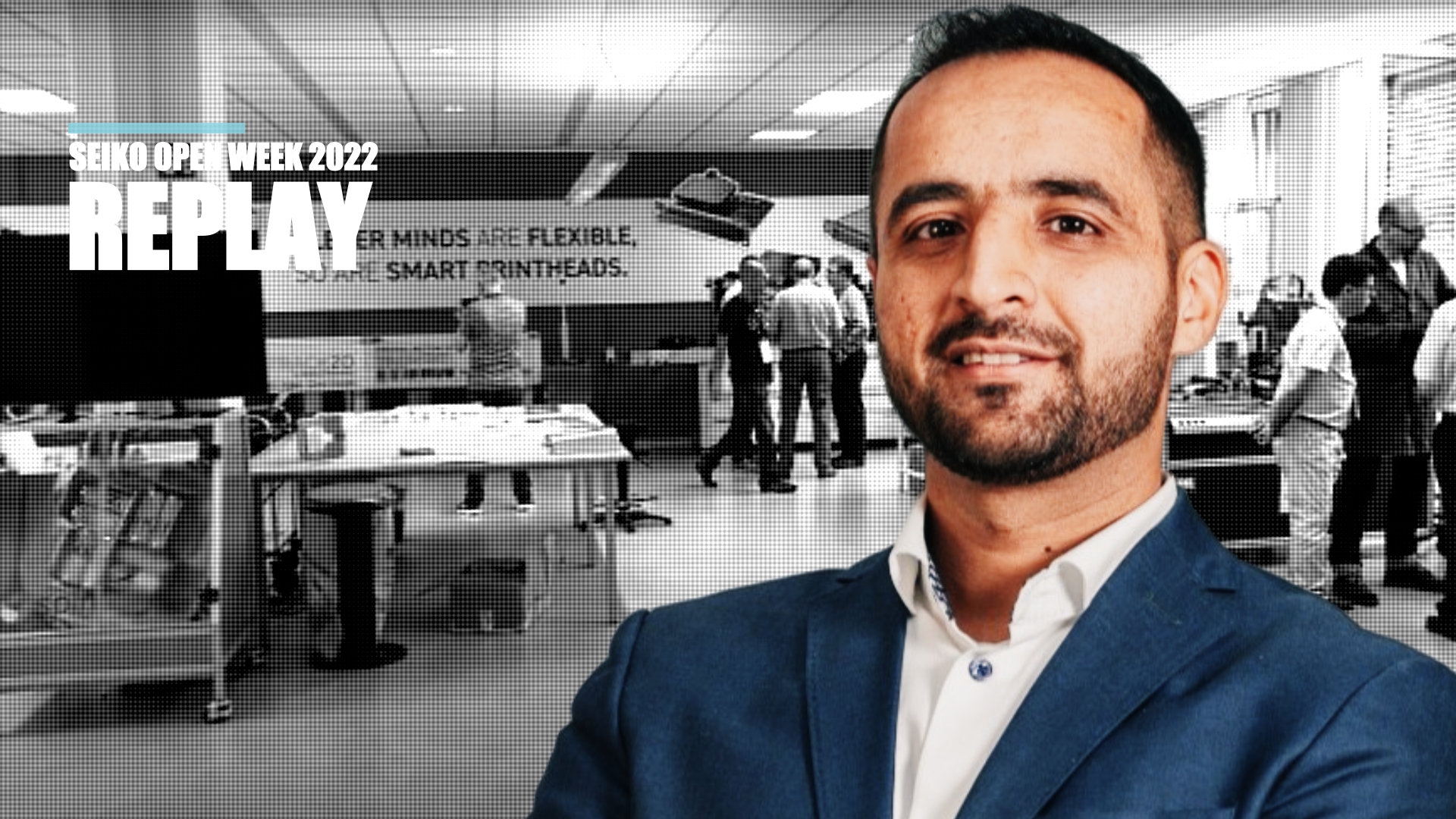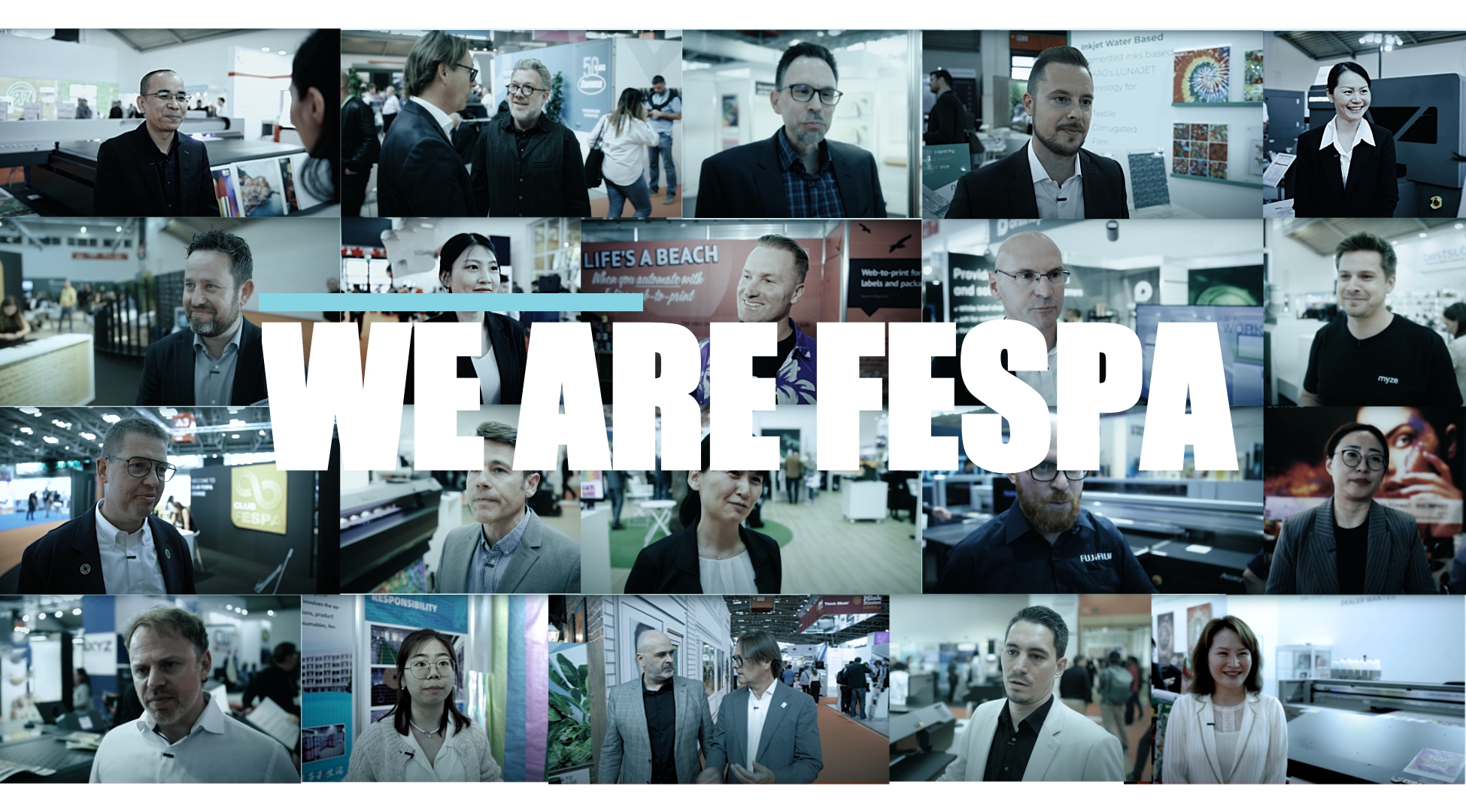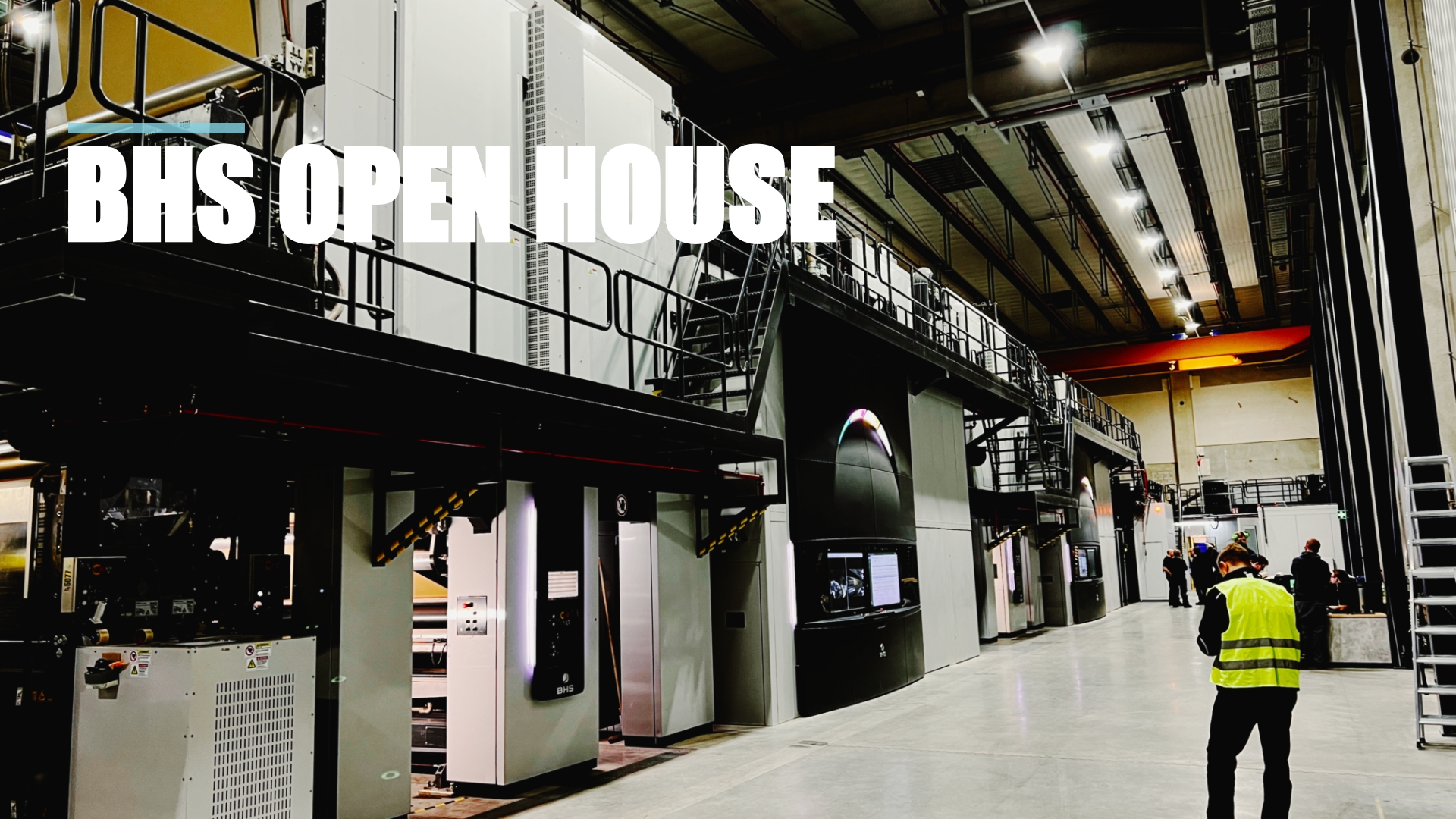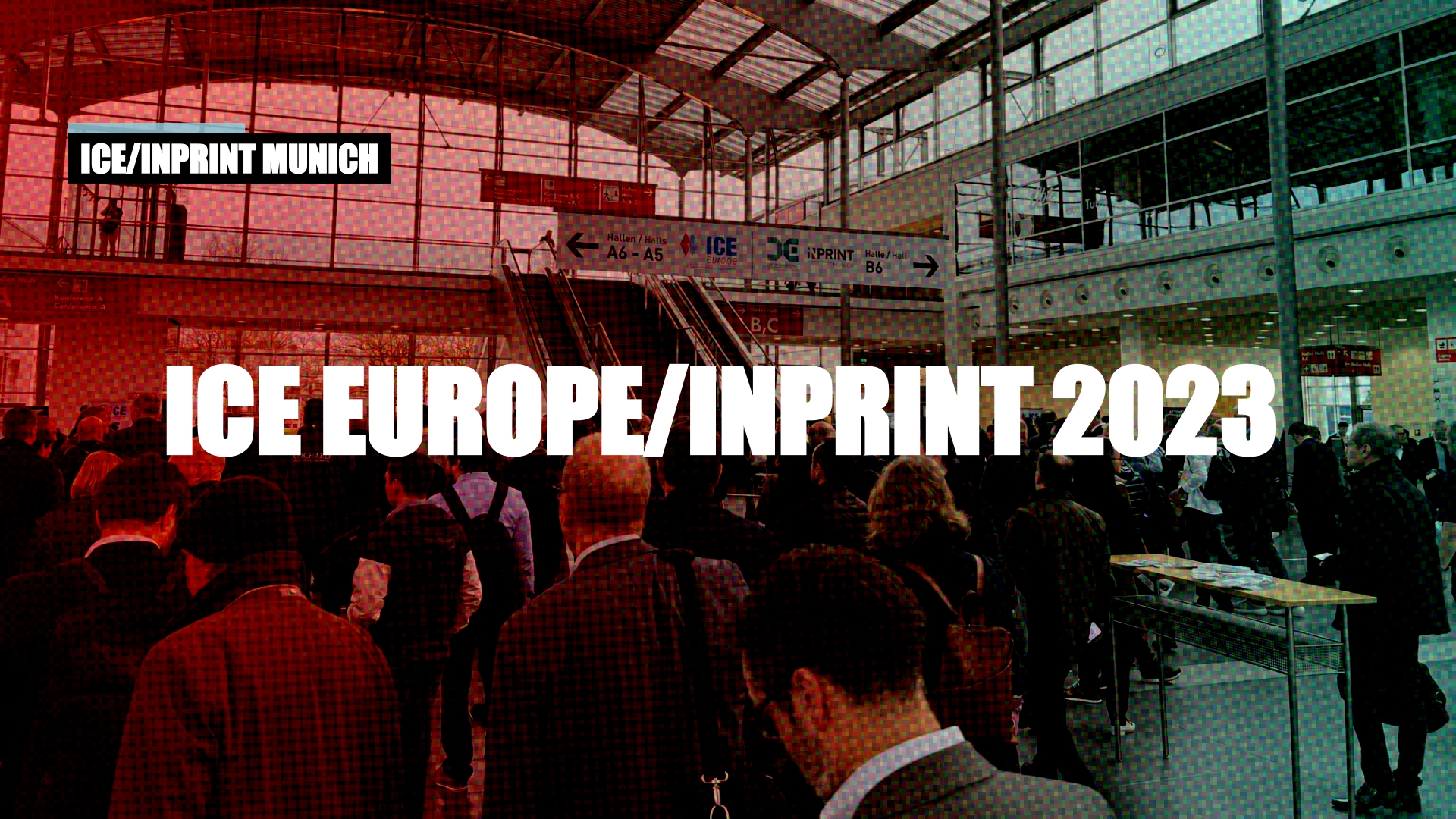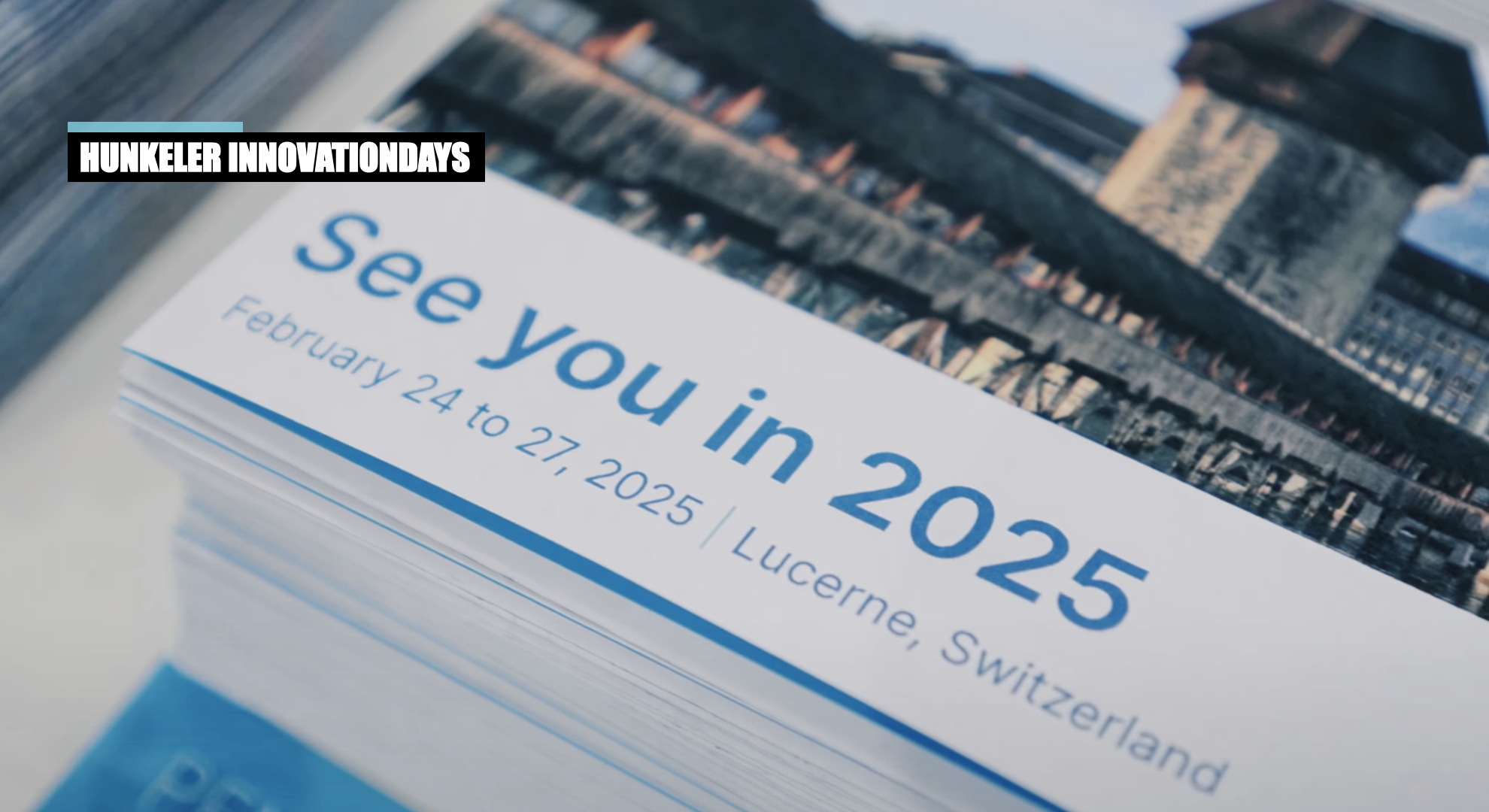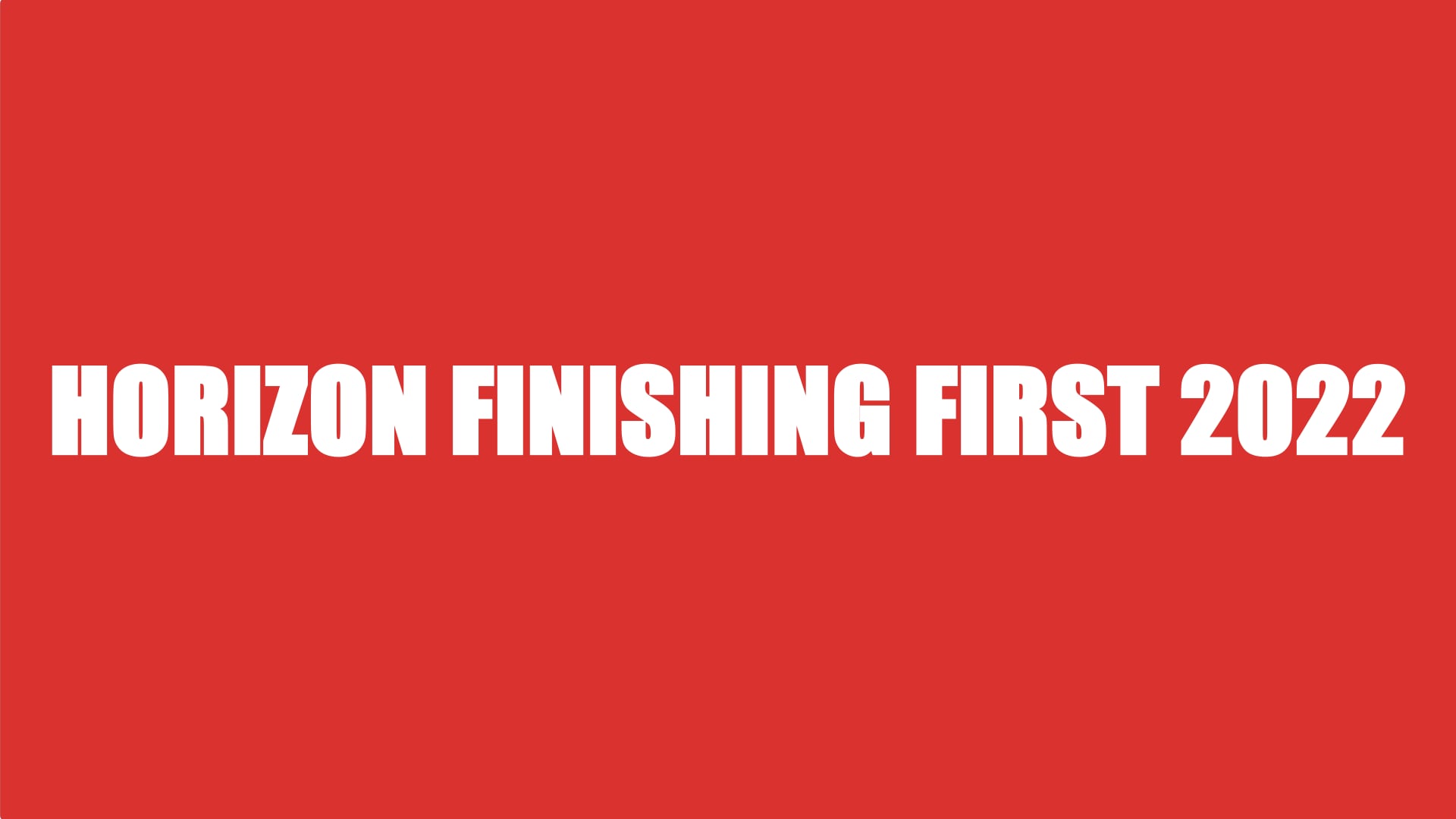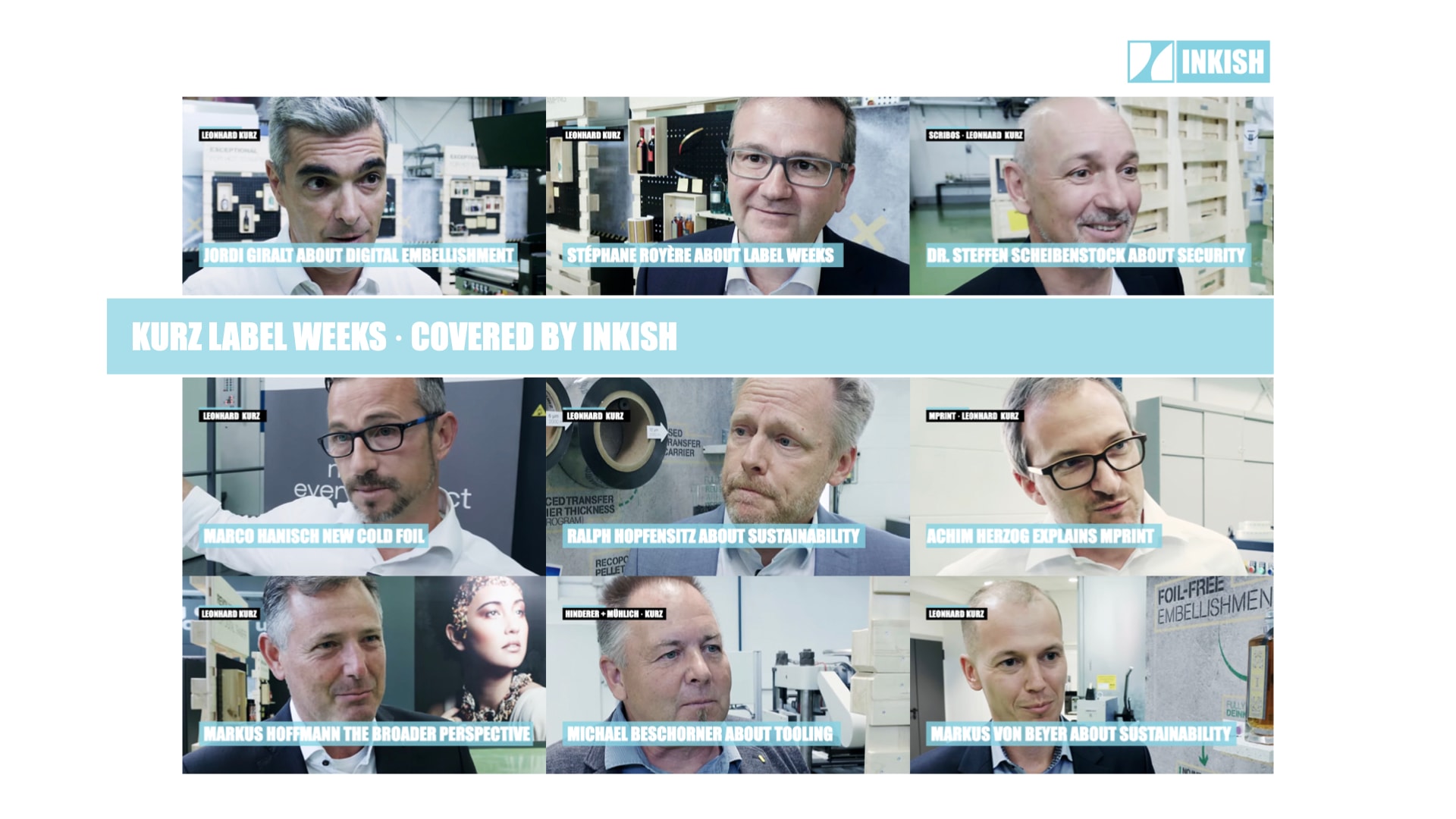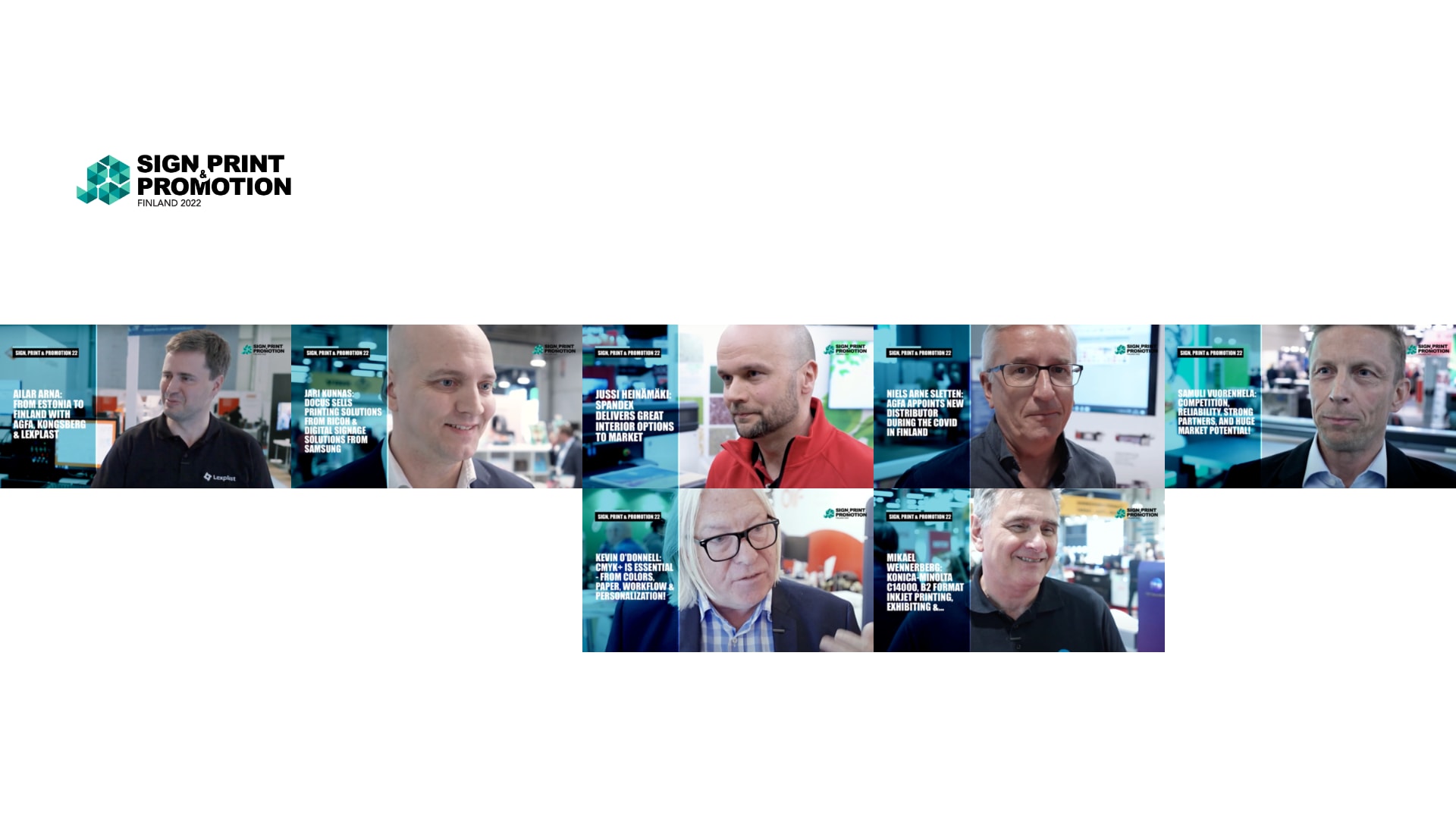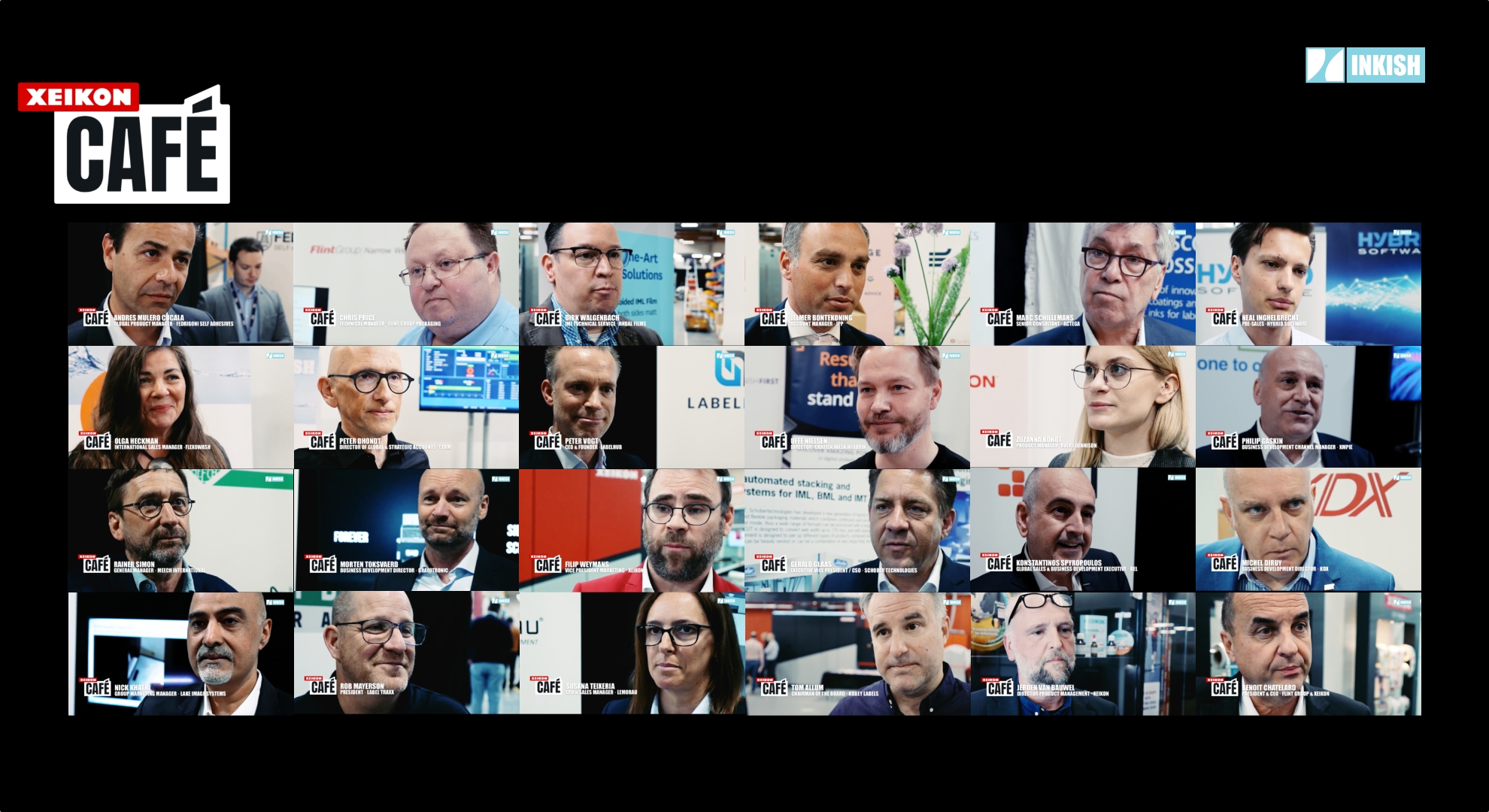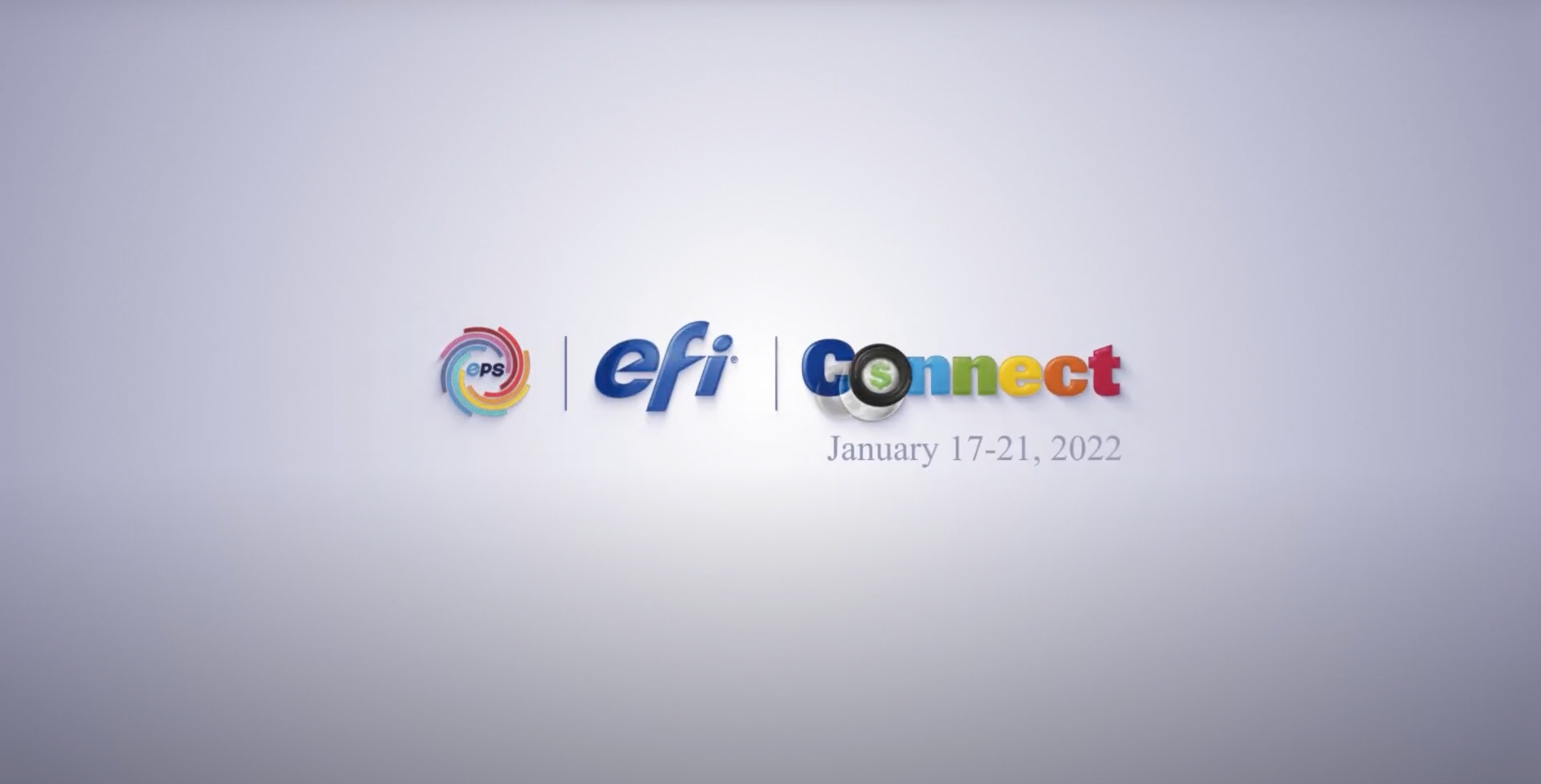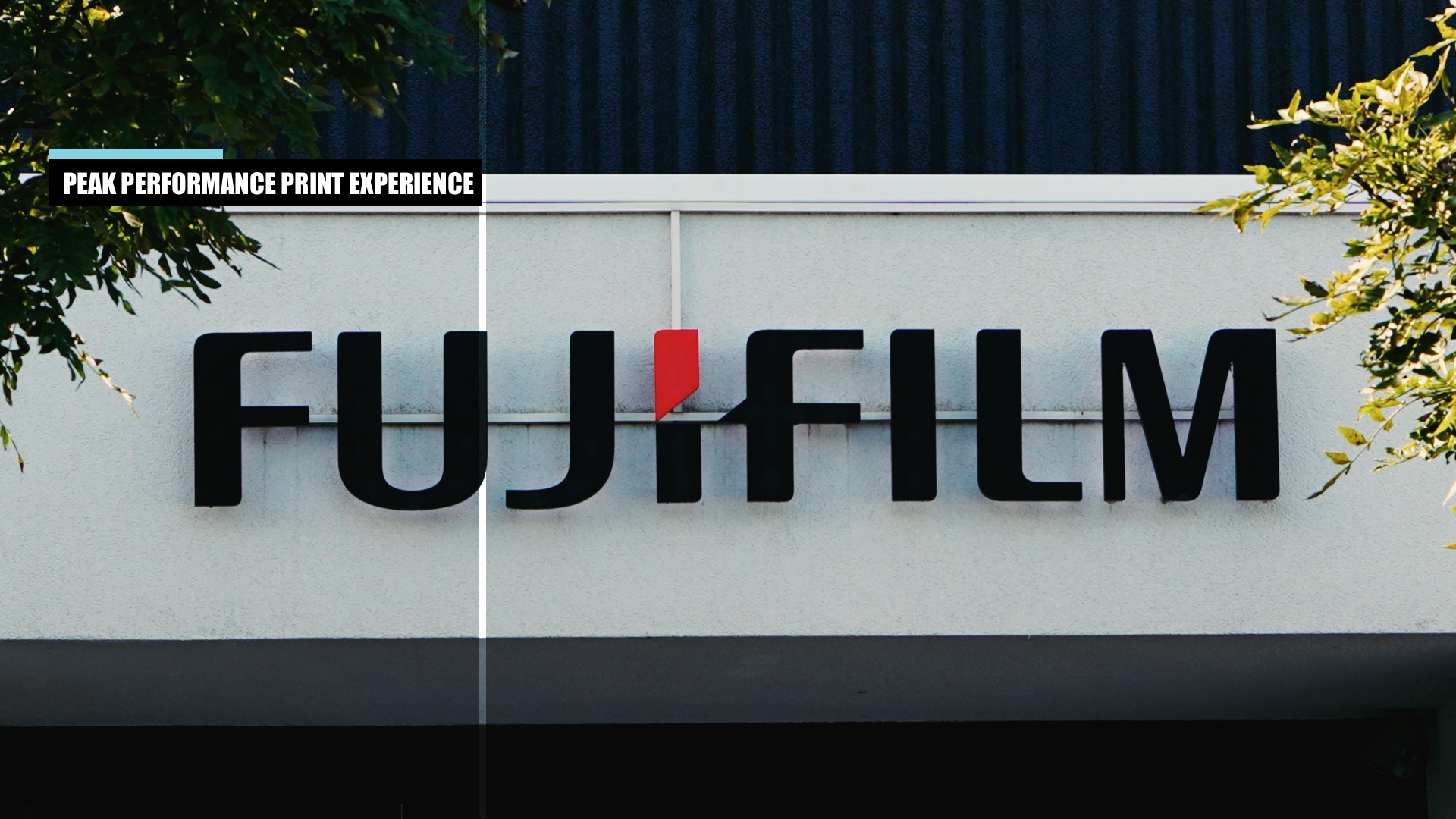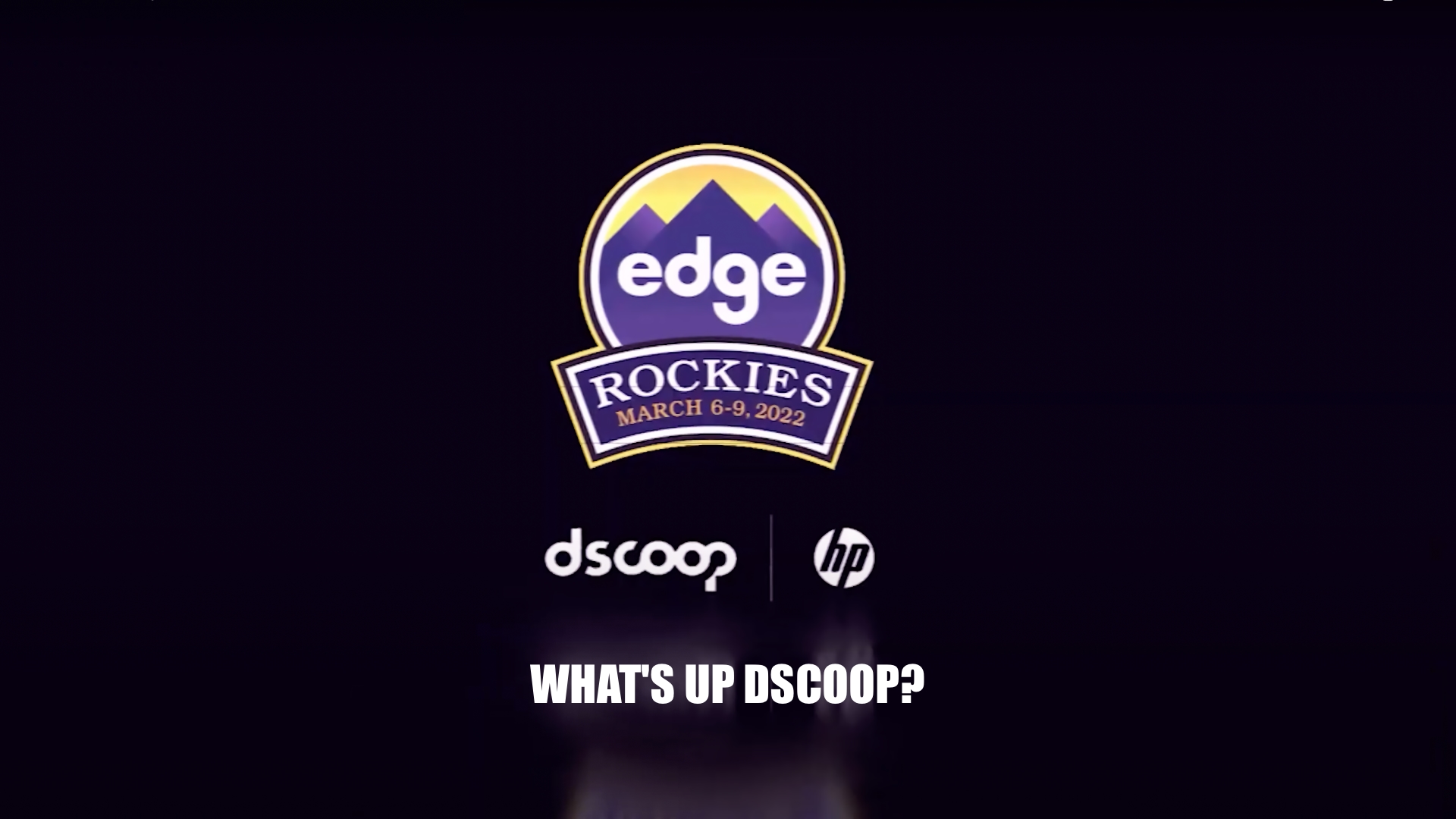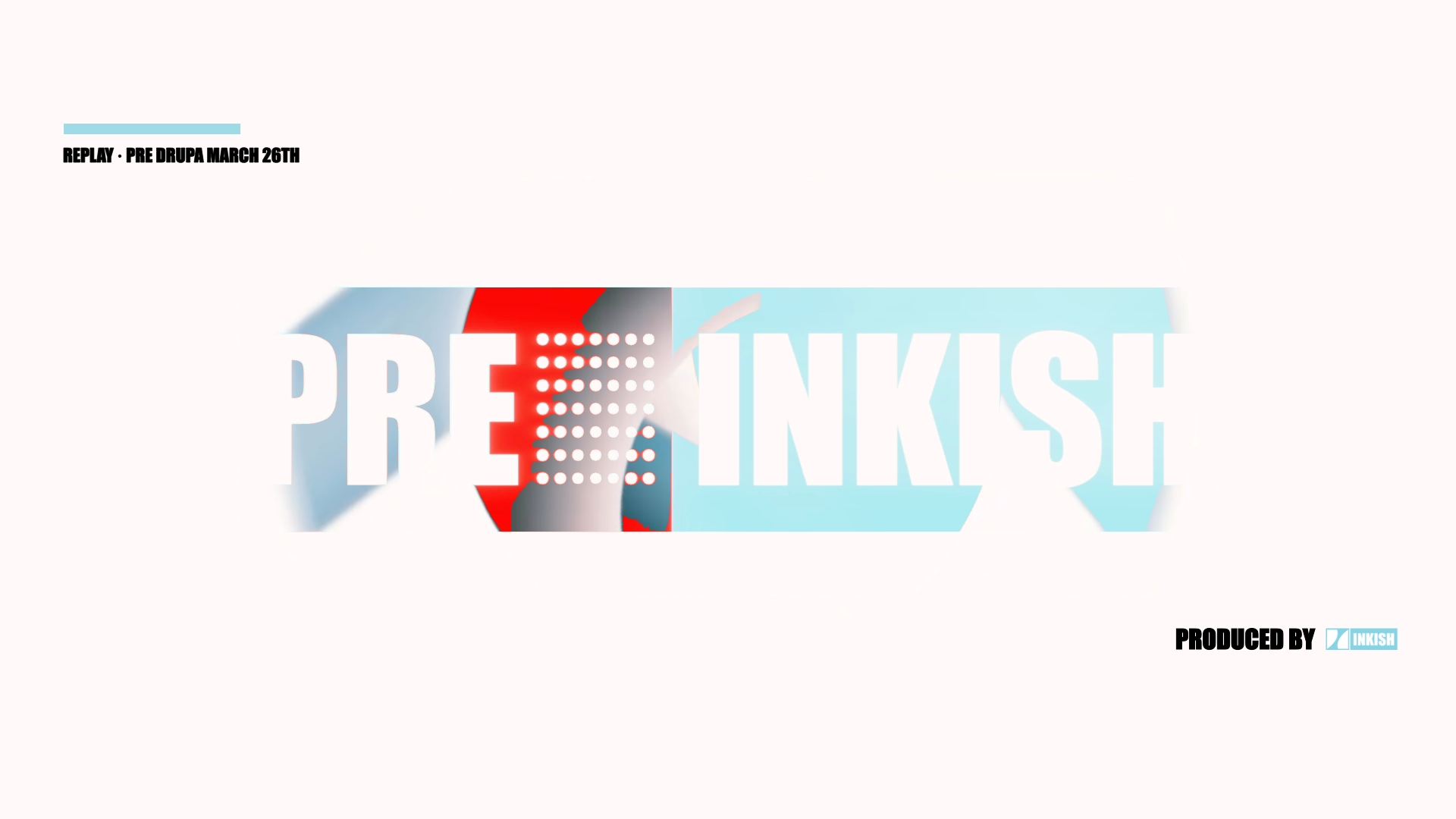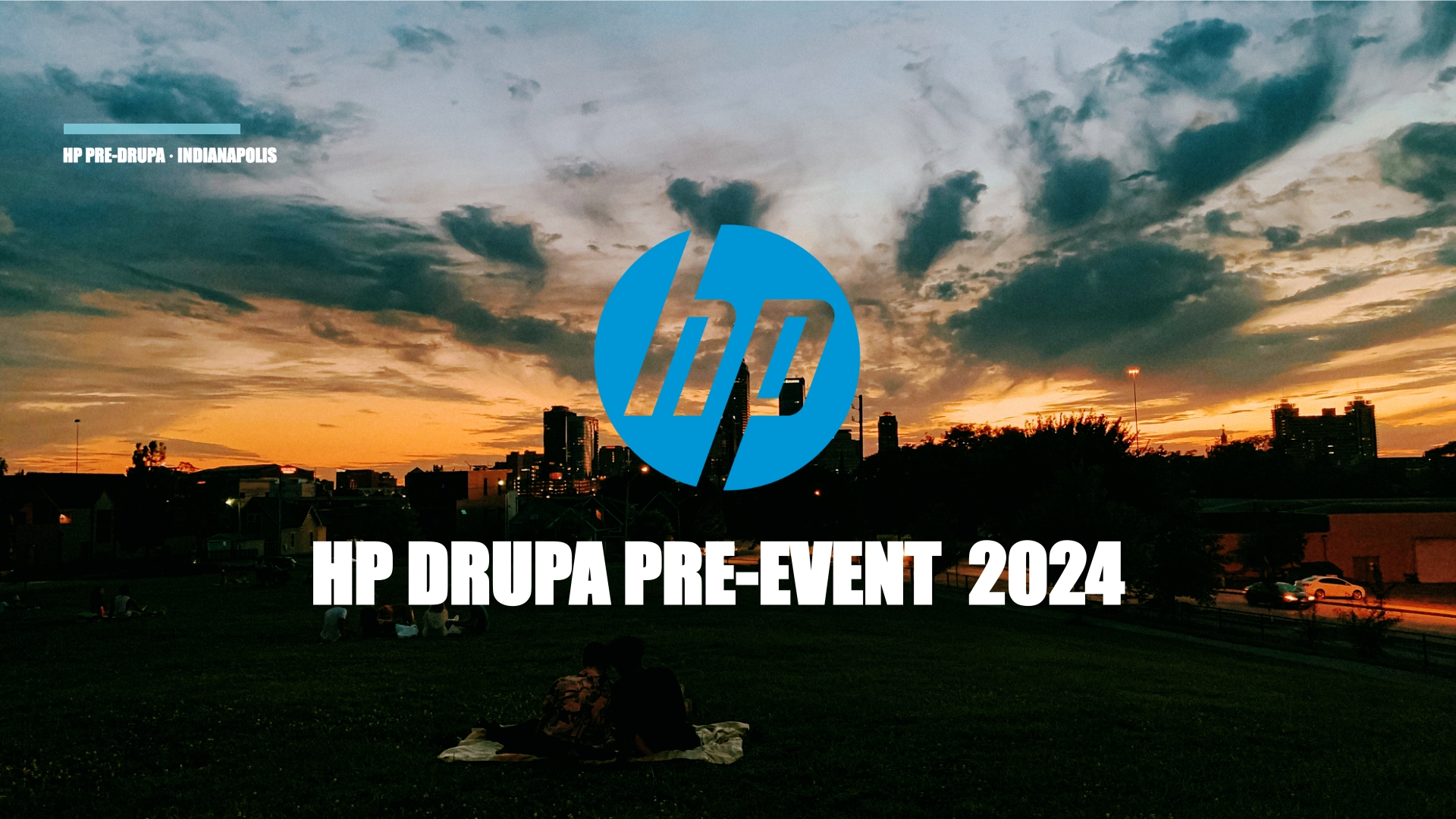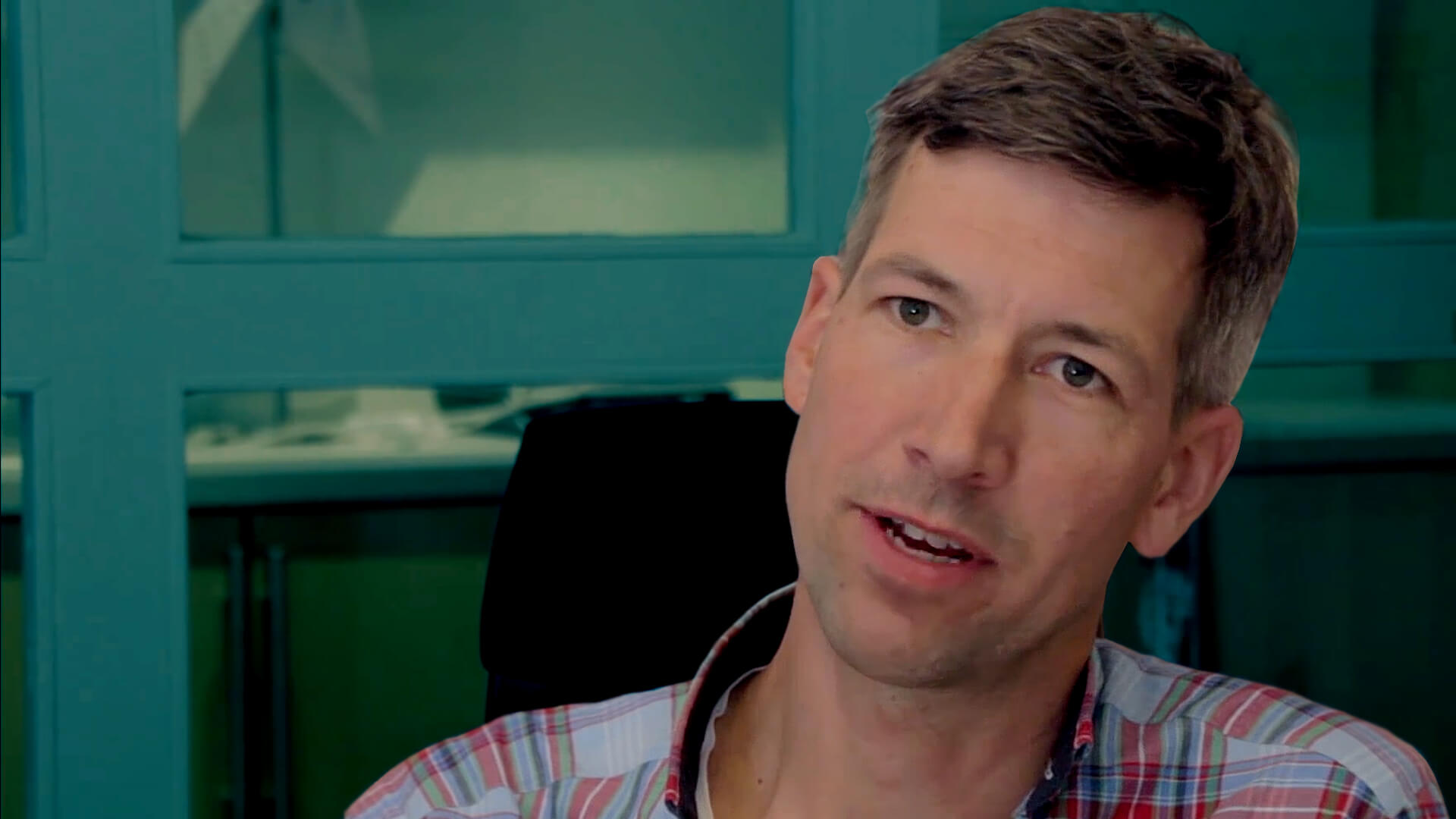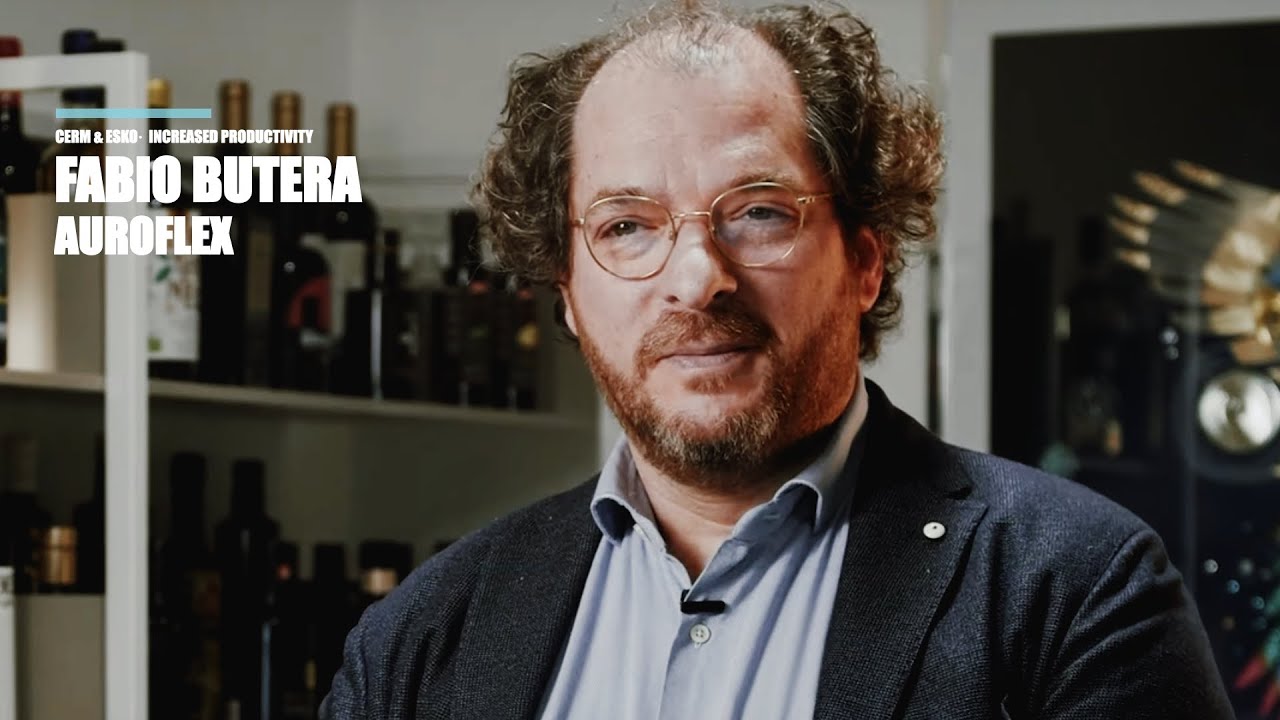INKISH.TV Proudly presents: Branschkoll – keeping track of the business
A portrait of the business intelligence company Branschkoll and interview with CEO and owner Ola Karlsson
There is so much information. A lot of it is online for free. The printing industry is a bit behind in this area. They need to take e-commerce seriously. There’s so many new things you can do and the clients don’t have a clue about it. We need to talk to the clients to tell them about new stuff.
I knew that there was a big demand for the good and the right information about what is happening in the printing industry right now, but I didn’t have a clue if someone wanted to pay for it. I wanted to have it as a premium service where you pay a subscription fee and not base it on ads, because I wanted the whole industry, the value chain of print to have access to it.
What we do is we help the managers of printing companies, or suppliers for the printing companies, or publishers to keep track of the development in the industry. I saw similar services in so many other industries, even in larger and smaller industries, that are full with this kind of business intelligence services, but not in the printing industry, so I wanted to try that.
It’s the best decision in my life actually and it’s great to work with. I used to work for a large printing company here in Scandinavia and I saw how much time the organizations spent on trying to keep track on what is happening in the industry, and trying to find information to support the development, and how to find new ways to do business. There is a big need for the industry to have the right information, so it’s the right decision, absolutely.
It’s an online service, a premium service where a company can pay a membership fee to get access to all the information. We have been growing every year since we started and today it’s a good base of what we do, but we also do consulting services a bit, but not as much as in the beginning, because we want to focus on Branschkoll 100% and we’re almost there, but it takes time.
The thing is that Branschkoll is sort of a big filter, because there is so much information – a lot of it is online, for free like case studies, information about structural changes in the industry, both internationally and locally in Sweden, but you need to spend time to find it, to analyze it and to form it to something that is usable for a CEO of a printing company, or a publishing company that has very limited time to spend on doing these analyses. So there is so much information, but someone needs to gather it and put it together in a compact format and that’s a part of what Branschkoll is doing.
For a one-year subscription they have access to all the information – it’s news from the industry, it’s information about mergers and acquisitions, it’s information about what’s happening around the globe when it comes to new business models in the printing and publishing industry, and it’s also a lot of statistics about what’s happening in the business area in general that affects print and print marketing.
During those five years, I’ve put together a lot of different tools to automate the collection of all the information, but then it’s always about knowing the industry and the needs in the industry, and talking to a lot of people, meeting the clients. I do that a lot – every week I meet clients and talk to them to understand what’s important, but it’s also important to meet the customers, the print buyers or the users of print. I do that a lot, as well, so that’s the only way you can do it.
My choice when I started Branschkoll was to do it with no ads, so everybody can be a Branschkoll customer at the same level, sort of not depending on where in the industry you are, and it’s of course very important to be independent and I try to be independent. No-one is totally independent, you always take decisions based on relationships you have with people and companies.
I want to be more provocative of course, but that is something that I’m working on and I’m trying to develop, but it’s also a service that started as an independent information service, so I deliver information to my clients independently. Sometimes, of course, you need to give your own advices, but it’s also important to give the right information to the companies in the industry there, so that they can take their own decisions in which way they want to develop.
The biggest problem or issue with Branschkoll is that I want to have as much information as possible, but I do it on my own. Of course, I work with consultants that partly help me.
One thing that I want to do more is to have more automation in the gathering of information and also in the actual production of information. I know that today articles can be written by robots or computers and that is happening in the publishing industry. I want to be part of that, as well, and I see many possibilities to make it a much better service for the clients if I can use that technology. So far, it has been impossible for me, being on my own, but as I grow and become bigger, I will look into that. I’m a one-man army and I’ve been very focused on the printing industry when it comes to those companies, commercial printing in English, so I can grow into more segments that are close to this commercial printing industry; it can be packaging, for example.
What I’ve been doing in the last couple of months and I will release it in a couple of weeks is a totally new service for the promotion industry, for companies that print on things. It can be everything from clothes, pants, T-shirts and things like that and that’s a huge industry with very similar needs when it comes to information and developments. So, that will be released in a next couple of weeks, actually.
If you look at the society, the biggest thing that I see now is the digitization of everything within business and how we live and how we get our information. It affects everyone in the society and the industry needs to adapt to that. It’s a new way of buying things and it’s the same for print, of course and I think the printing industry is a bit behind in this area. They need to take e-commerce seriously and there are many vendors that actually do this, but too many have not even started doing it properly and I think that’s actually the biggest issue now. It’s a totally new way how people buy things and how you interact with your vendors and that needs to change very rapidly now, I think.
Look at what other companies do in other industries. It’s actually quite easy – just look at your own family, or people around you, how you buy things – it doesn’t matter if it’s a washing machine, or if it’s something else, it changes very fast how we buy things and how we consume information. It’s a rapid change and just look around you and see how other companies in other industries adapt to it. You will learn a lot and you will very quickly see how you can change your own way of selling print, for example.
One spin-off is that I got involved in the network “GrafKom” a couple of years ago, which is a Swedish network where we share knowledge and do conferences and I’m now very involved in that. It’s a great spin-off, because we need an information platform which Branschkoll can be and we also meet in real life in this network and that’s the best spin-off, as I see it.
My clients are everyone in the value chain of print. It doesn’t matter if you produce paper or machines, or if you actually put ink on paper, or if you use printed stuff – I mean, depending on where you are, you are affected in different ways, but you are a part of it. The clients need print to make their money and they need to understand how the industry is changing and what possibilities there are with print and printed matters. There are so many new things you can do and the clients don’t have a clue about it. We’ve been talking about that for 15 years now – we need to talk to the clients to tell them about new stuff. Yesterday I met a client who is one of the largest printers in Sweden and we told her about new things that you can do with digital print and other stuff and she said: “What? Can you do that?” We meet every week and that’s so important, too. I want to spread the word of this to everybody that use print, as well.


